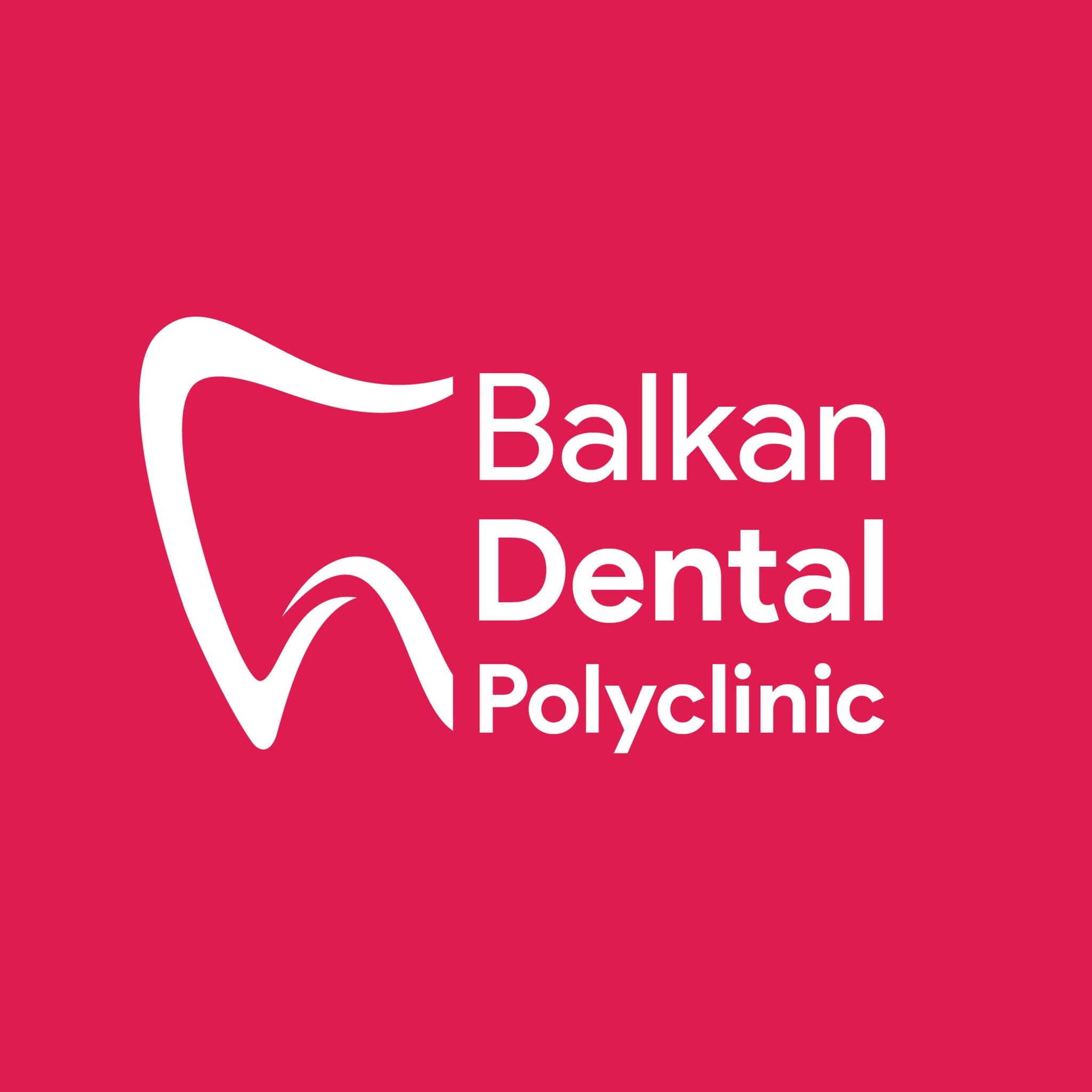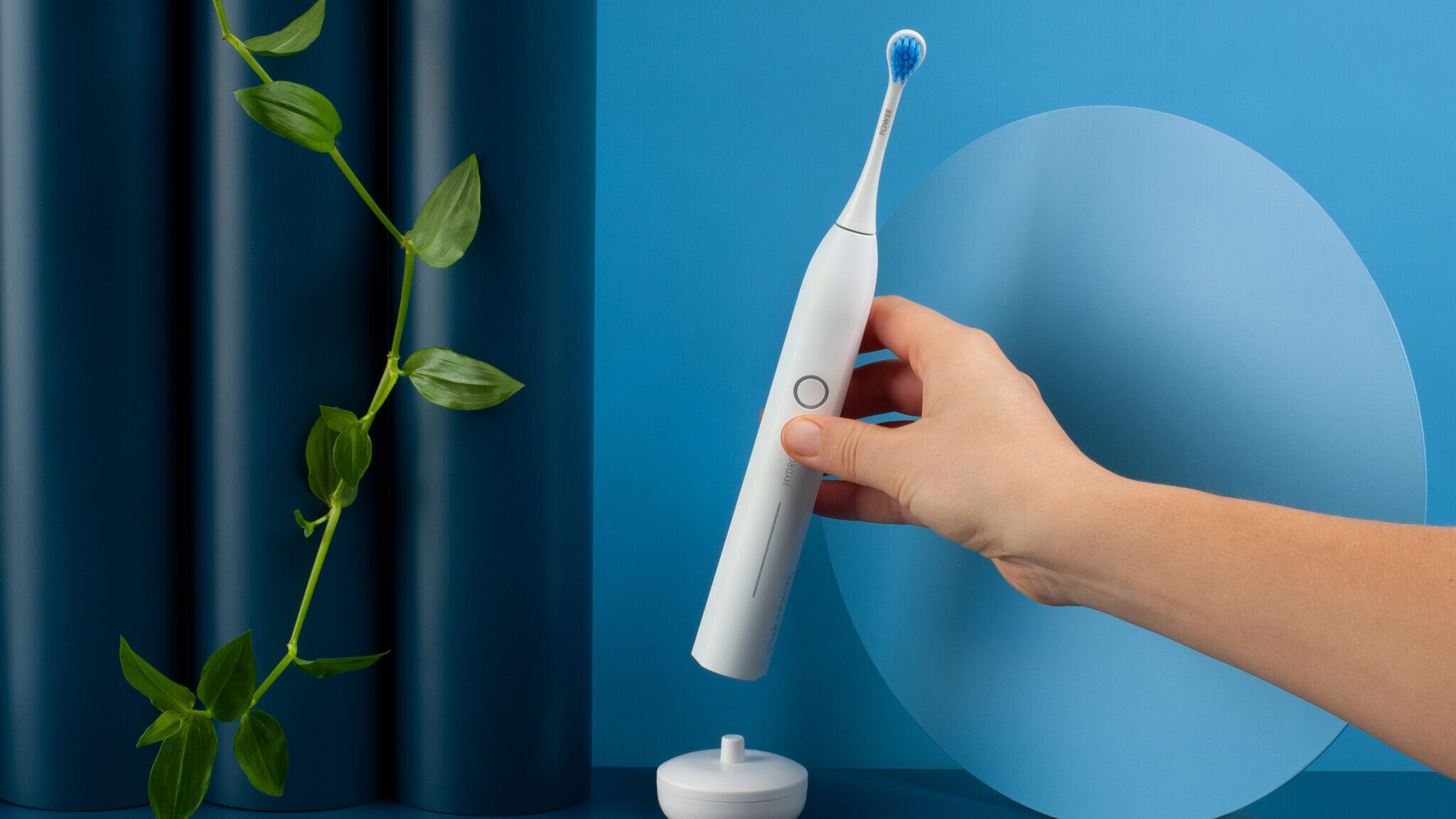
Are electric toothbrushes really better than manual ones?
When it comes to keeping your teeth clean and healthy, choosing the right toothbrush can make a difference. You’ve probably seen electric toothbrushes advertised as the best option, but are they truly better than manual brushes?
What Does the Research Say?
Studies show that electric toothbrushes, especially those with oscillating-rotating or sonic technology, can remove more plaque and reduce gum inflammation better than manual toothbrushes. They often help people brush more effectively and for the recommended amount of time.
That said, a manual toothbrush used correctly can also maintain good oral health. The key is technique, consistency, and brushing for at least two minutes twice a day.
Benefits of Electric Toothbrushes
-
Improved plaque removal: Their powered movements clean hard-to-reach areas better.
-
Built-in timers: Many models have timers to ensure you brush long enough.
-
Ease of use: Helpful for people with limited manual dexterity, such as children, seniors, or those with arthritis.
-
Pressure sensors: Some models alert you if you’re brushing too hard, protecting your gums.
When a Manual Toothbrush Is Enough
If you have good brushing habits and technique, a manual toothbrush can work well and costs much less. Choose a soft-bristled brush, replace it every 3 months, and focus on thorough brushing.
What Really Matters?
Whether electric or manual, the most important thing is:
-
Brushing twice daily for at least two minutes
-
Using the proper technique
-
Complementing brushing with daily flossing
-
Visiting your dentist regularly for check-ups
Bottom Line
Electric toothbrushes can offer advantages, especially for those needing extra help or motivation, but manual brushes can be equally effective if used properly. Talk to your dentist if you’re unsure which option is best for you.
Tag: doctor, medicinePopular Posts
-

-
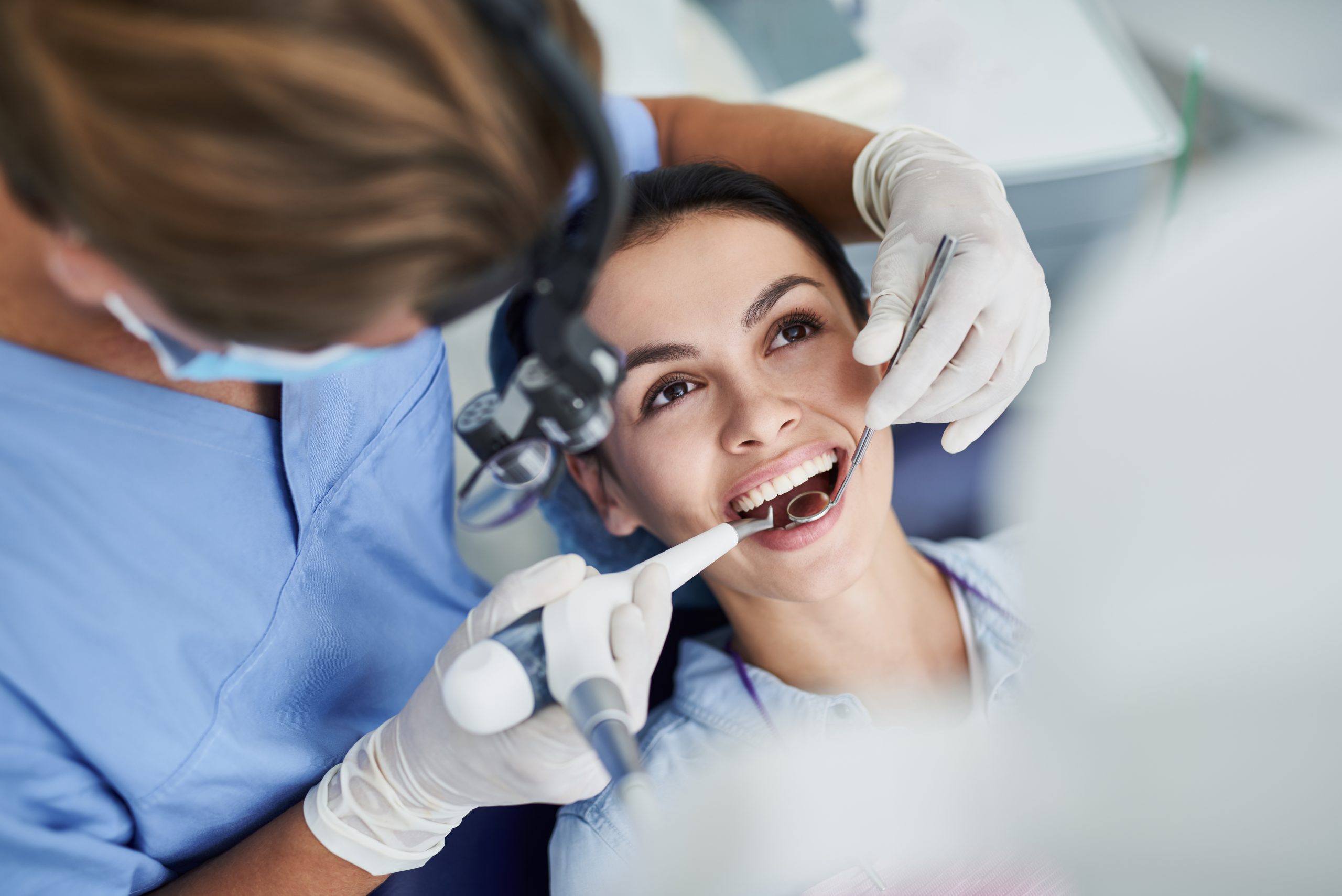
How often should I visit the dentist?
05 Jun, 2025 -
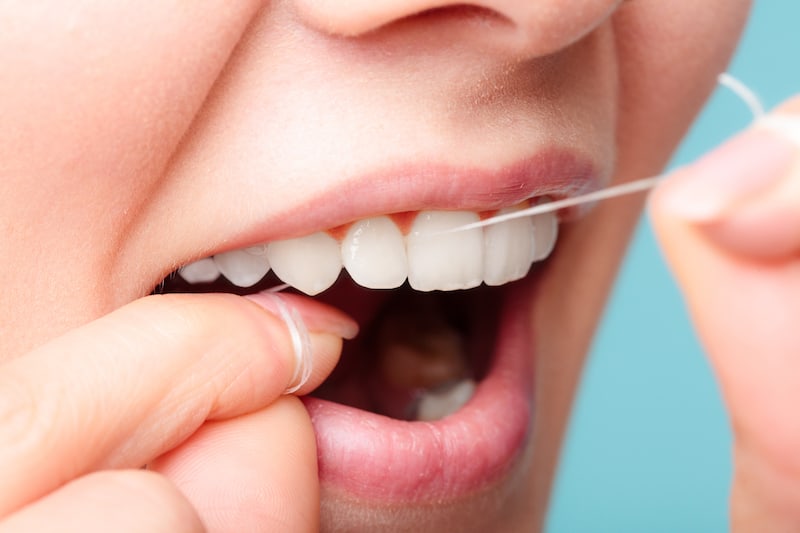
-
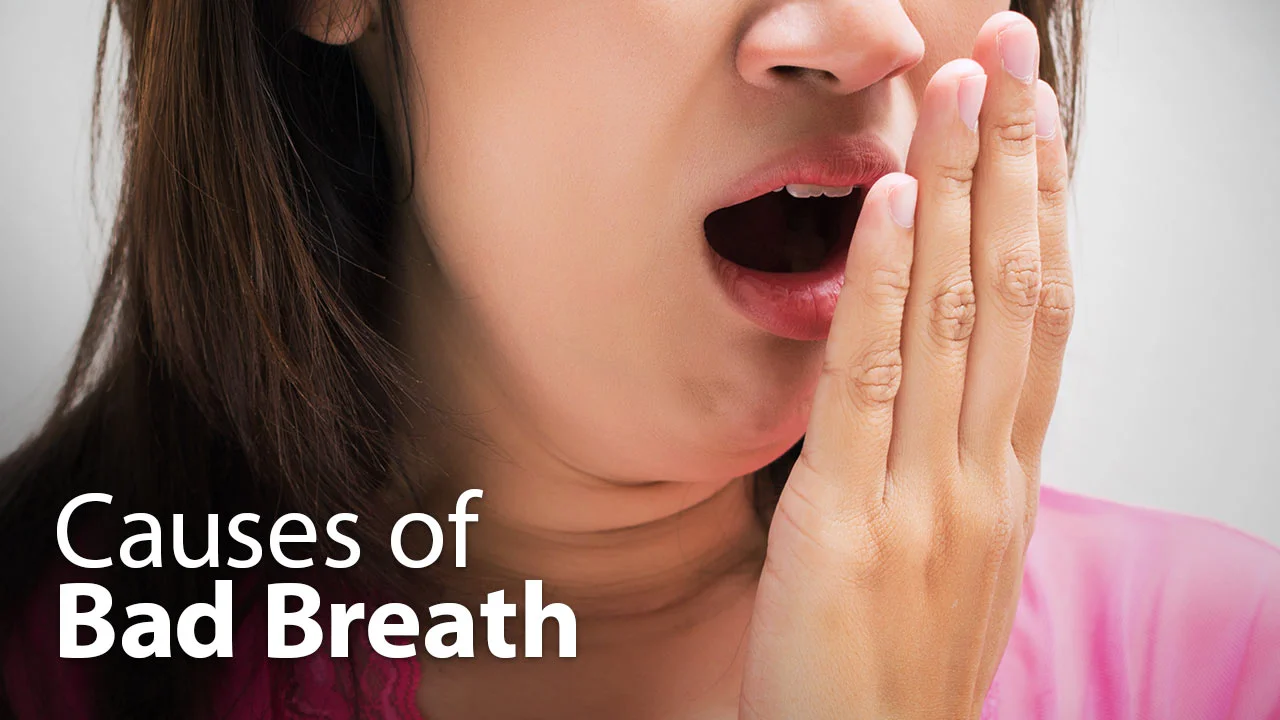
What are the most common causes of bad breath?
05 Jun, 2025 -
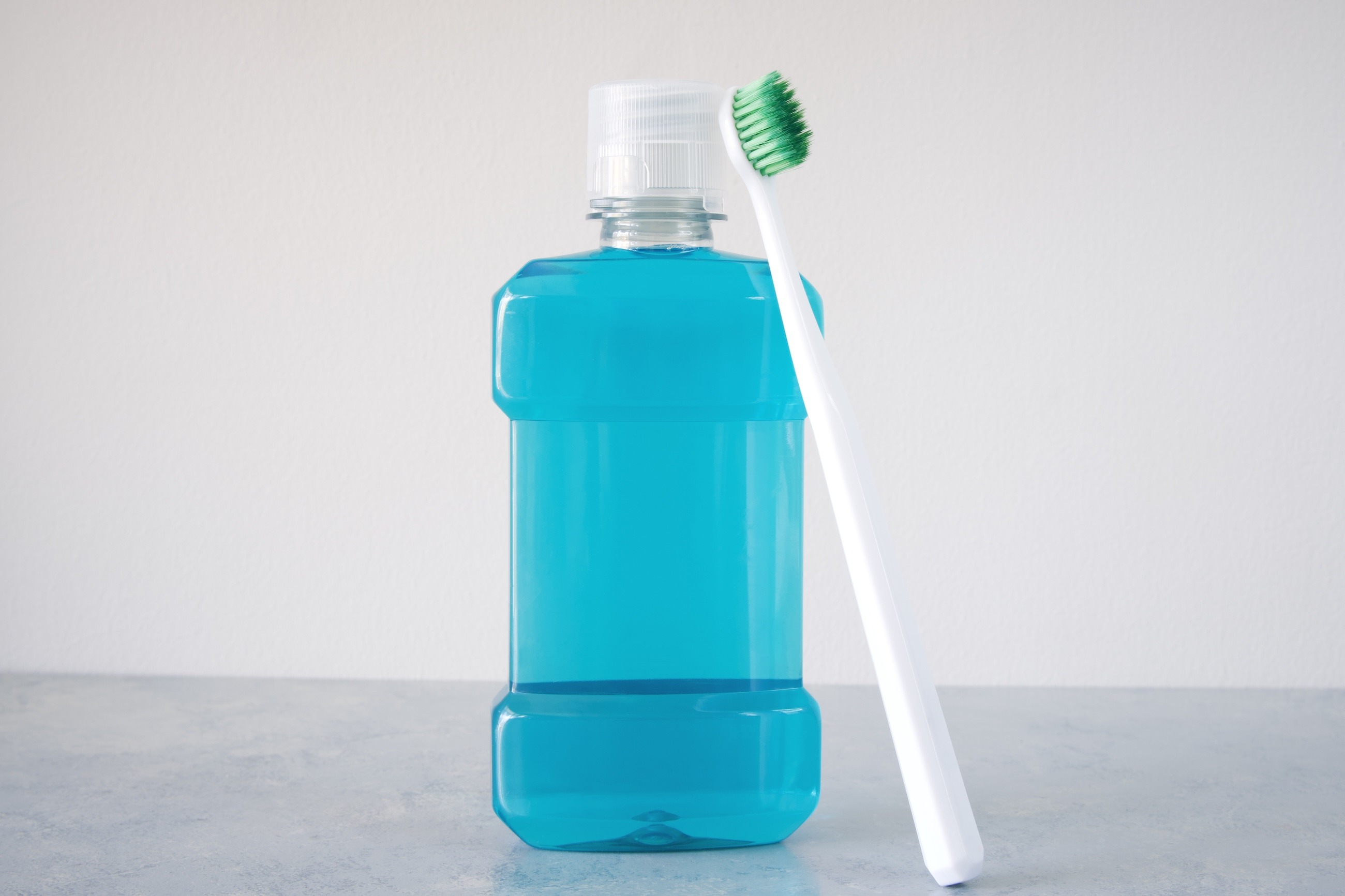
Is mouthwash necessary, or is brushing enough?
05 Jun, 2025 -
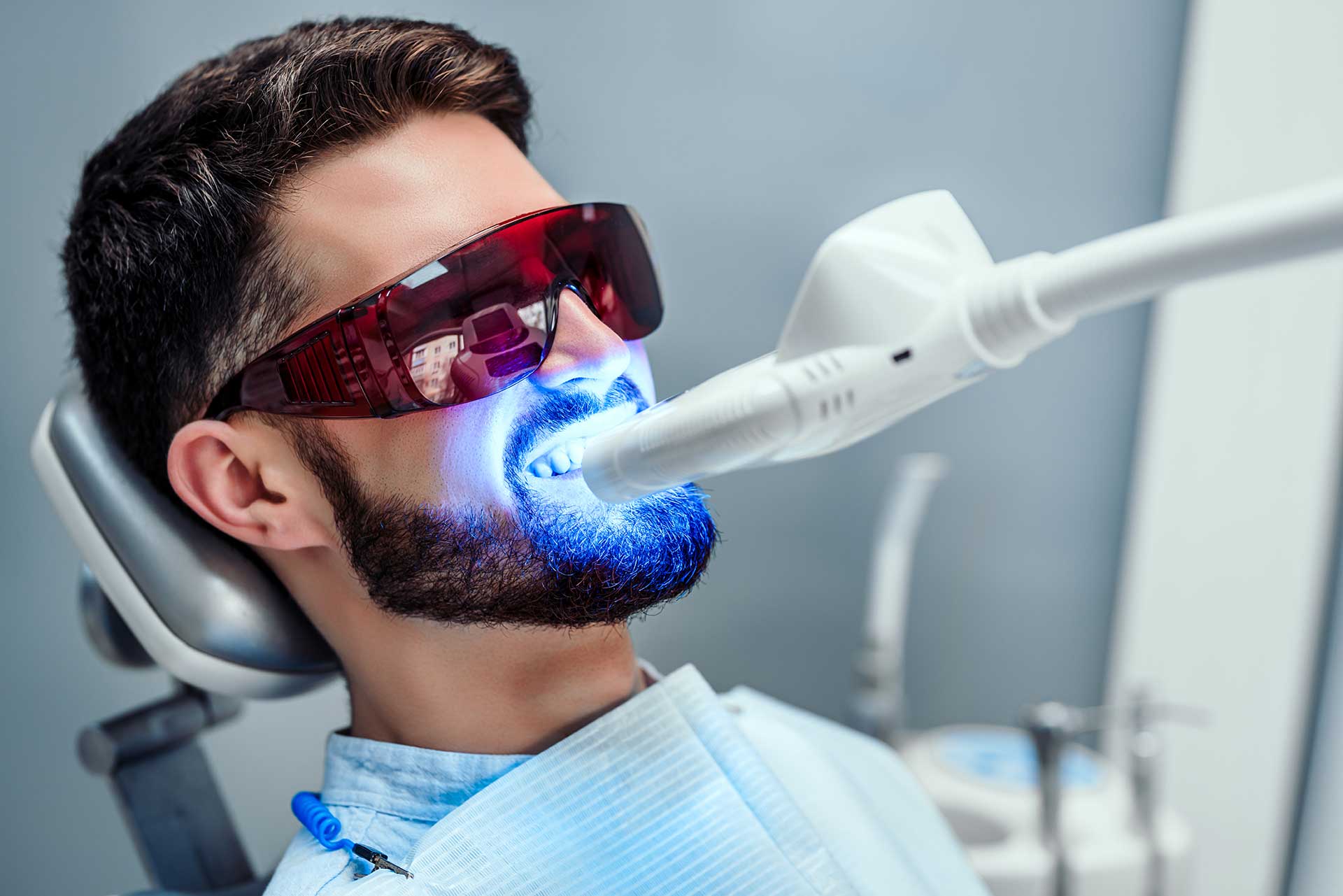
Is teeth whitening safe?
05 Jun, 2025 -
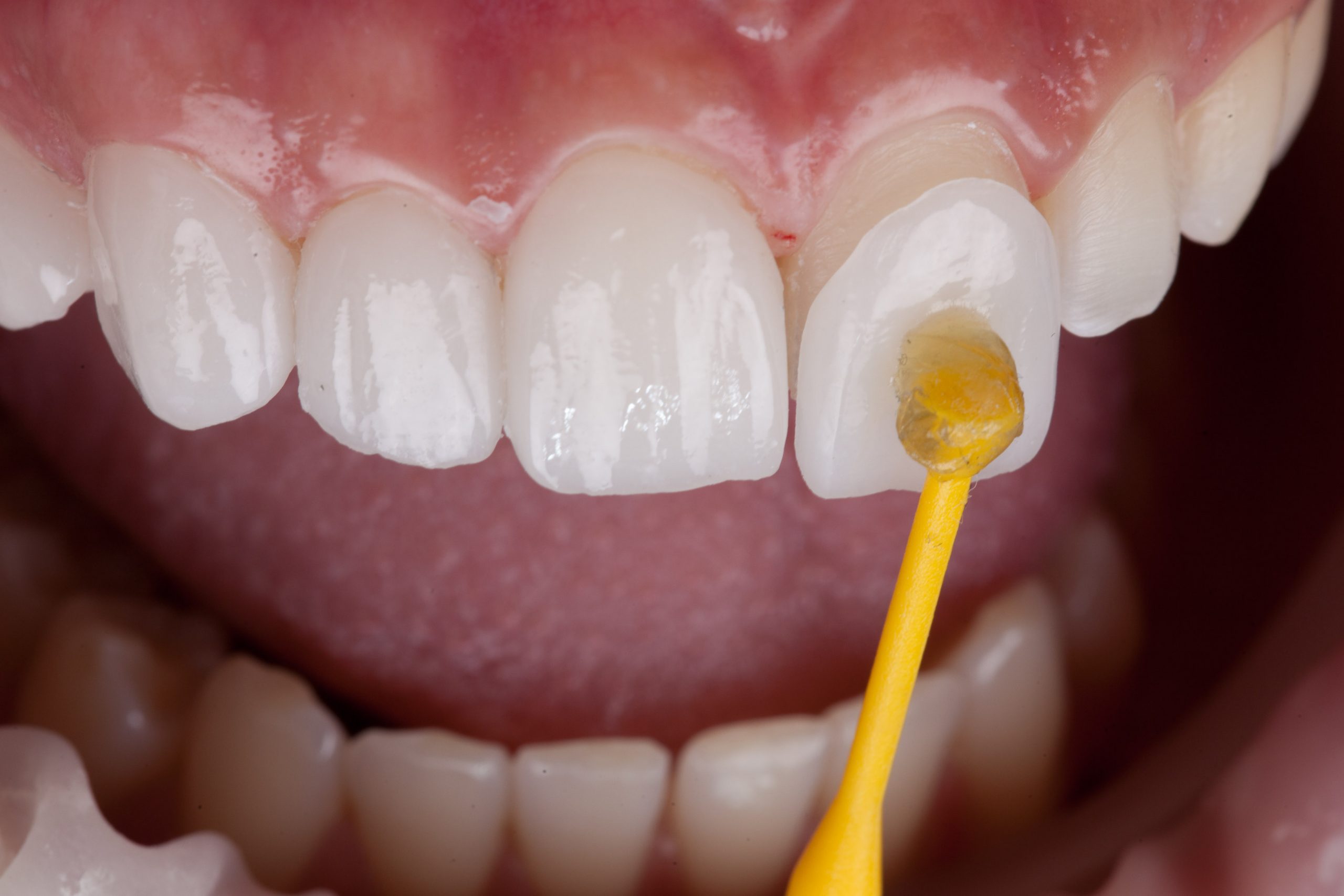
What are dental veneers, and how do they work?
05 Jun, 2025 -
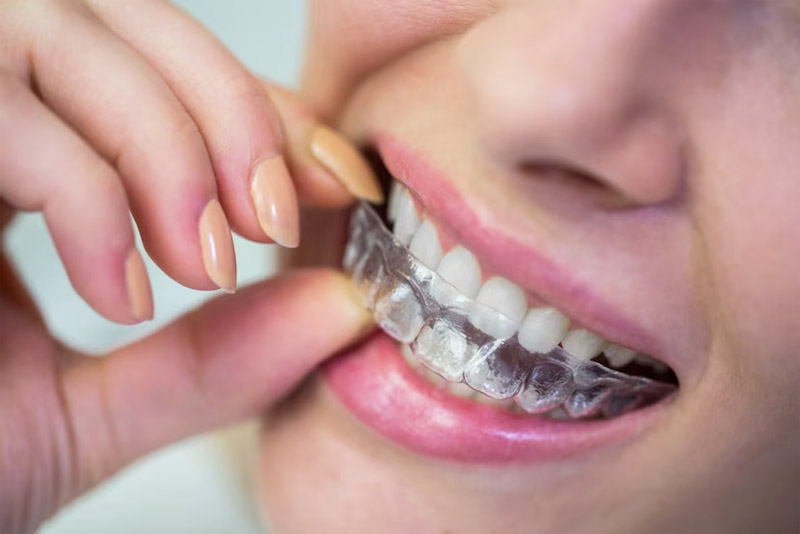
What's the difference between braces and Invisalign?
05 Jun, 2025 -
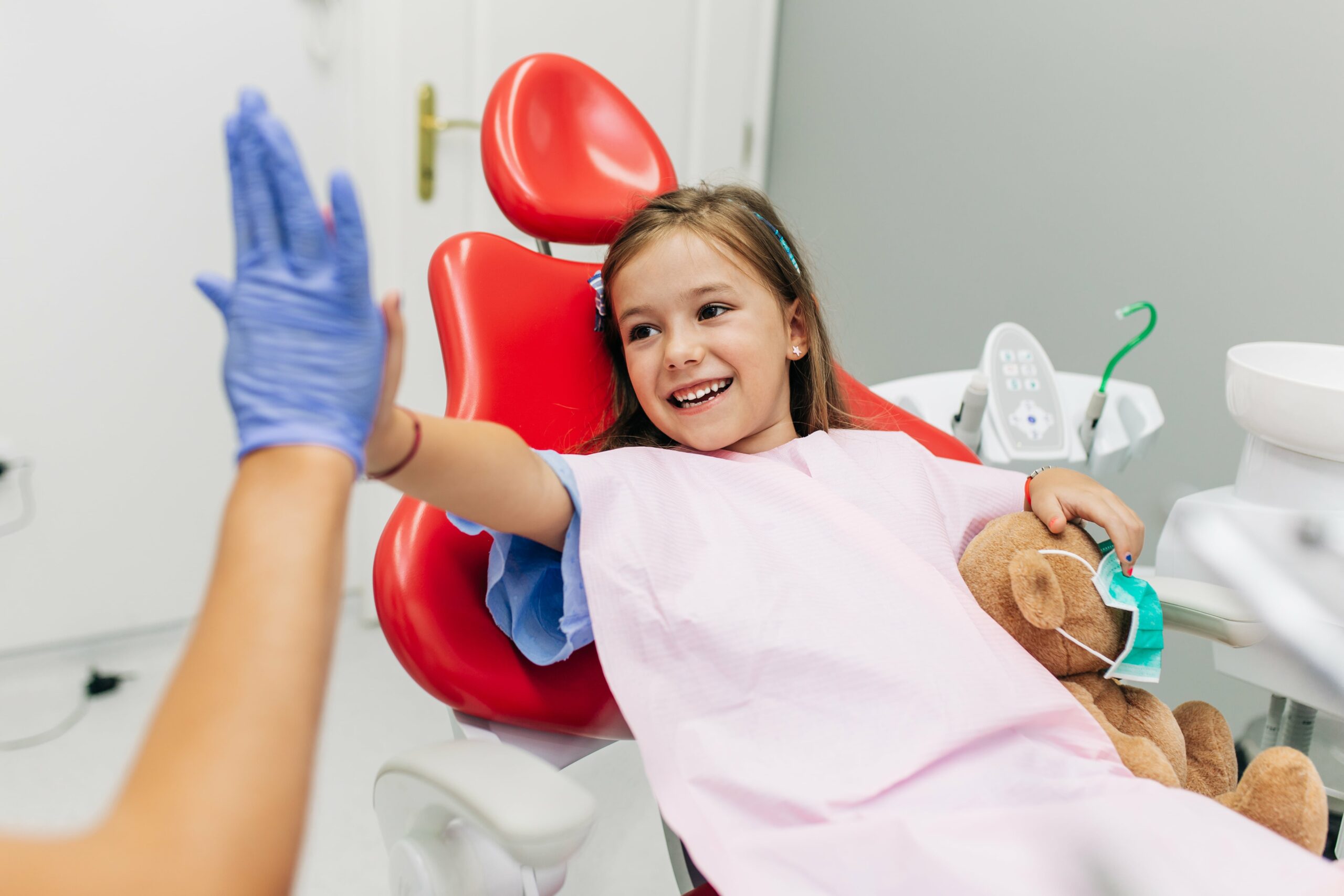
-
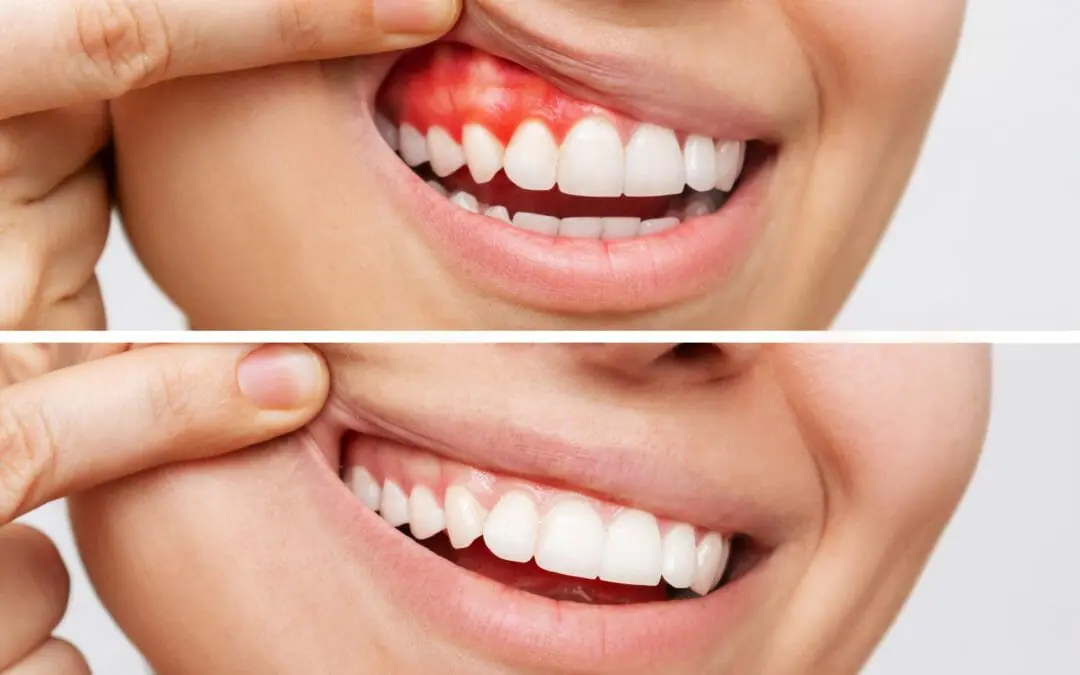
Can gum disease be reversed?
05 Jun, 2025 -
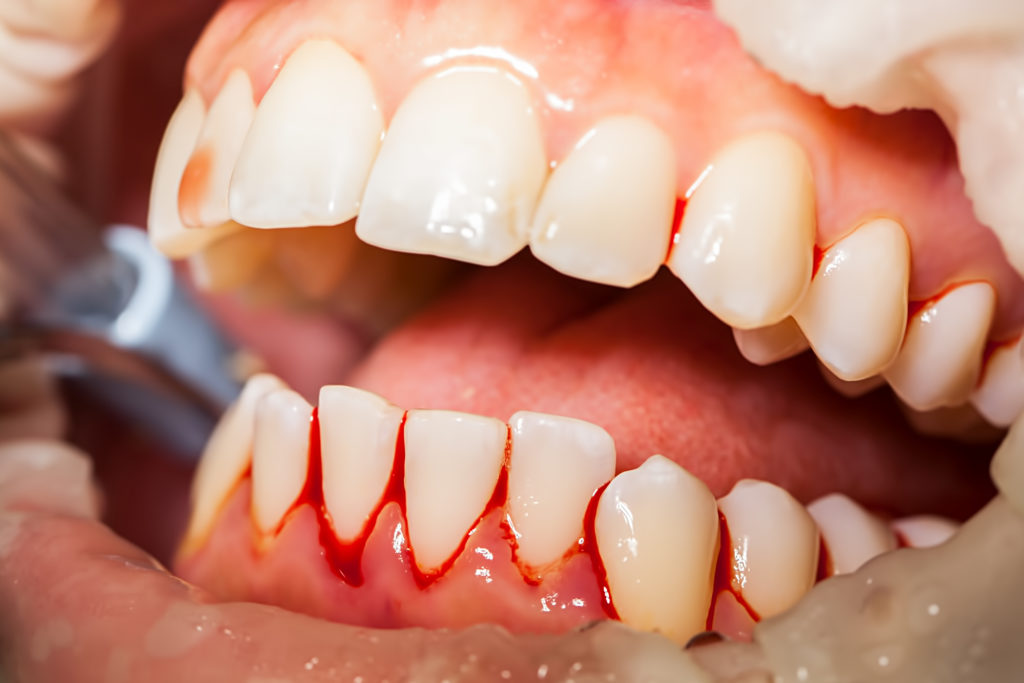
Why do my gums bleed when I brush or floss?
05 Jun, 2025 -

What causes tooth sensitivity?
05 Jun, 2025 -
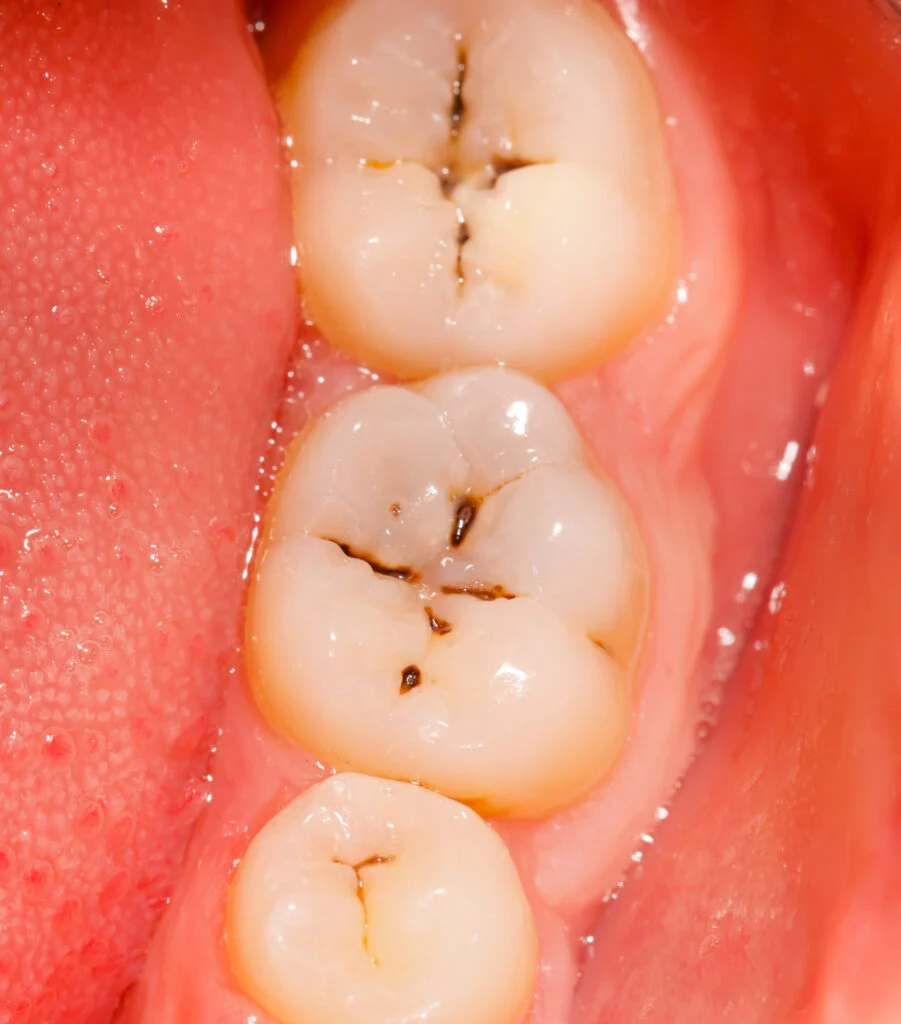
What happens if I ignore a cavity?
05 Jun, 2025 -
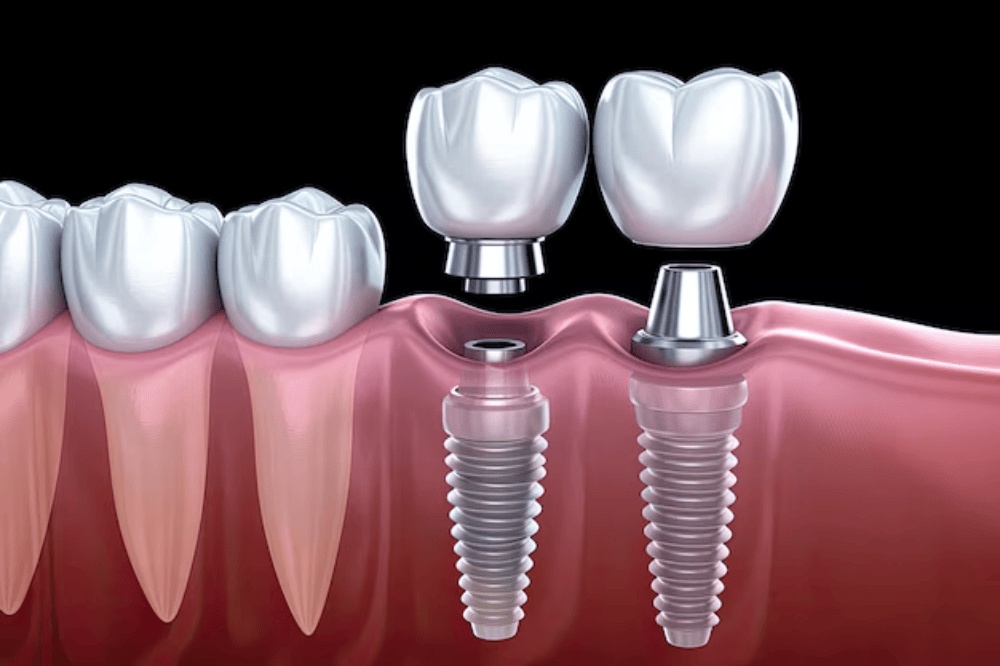
What is a dental implant, and how does it work?
05 Jun, 2025 -
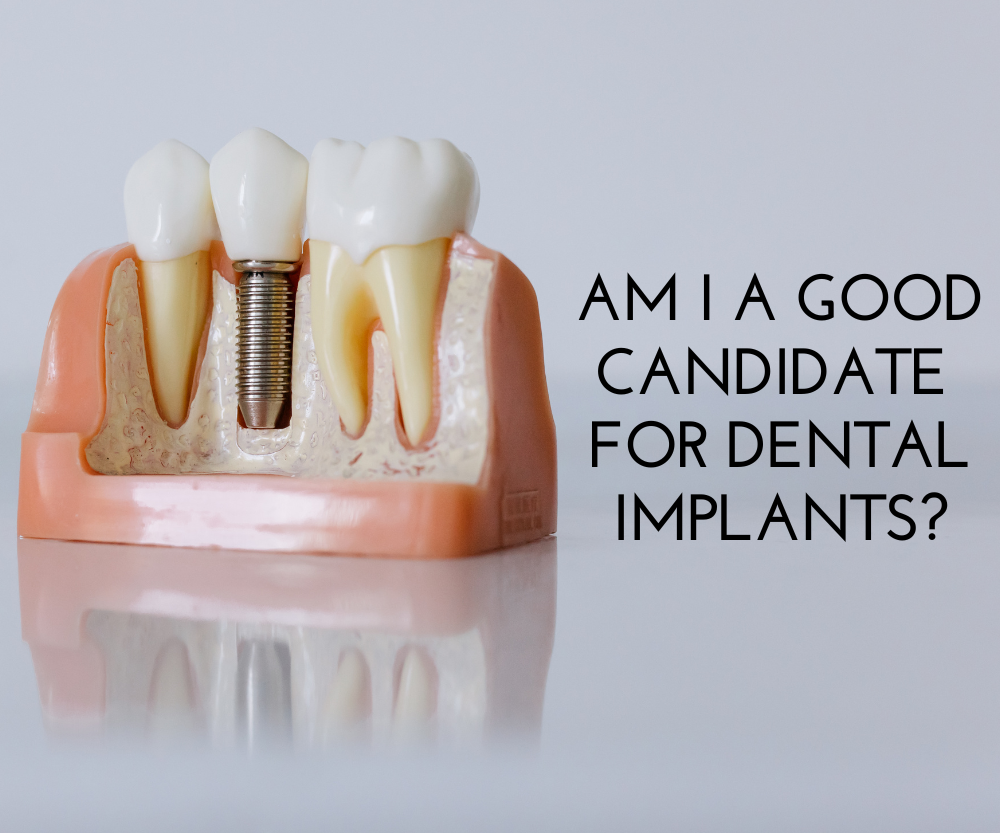
Am I a good candidate for dental implants?
05 Jun, 2025 -
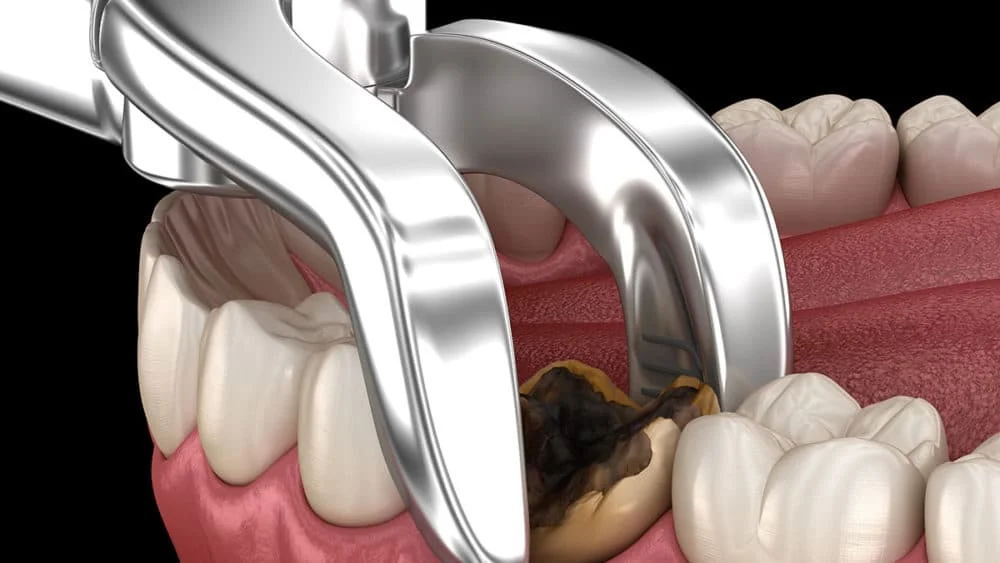
What should I expect after a tooth extraction?
05 Jun, 2025 -
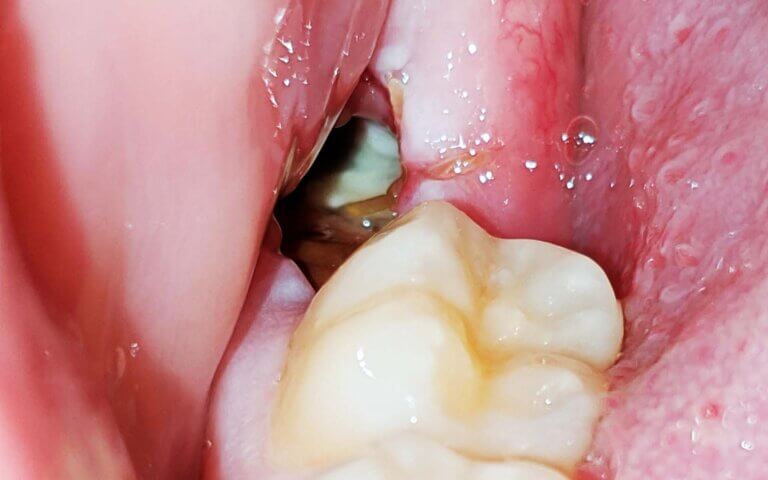
What is dry socket, and how can I prevent it?
05 Jun, 2025 -
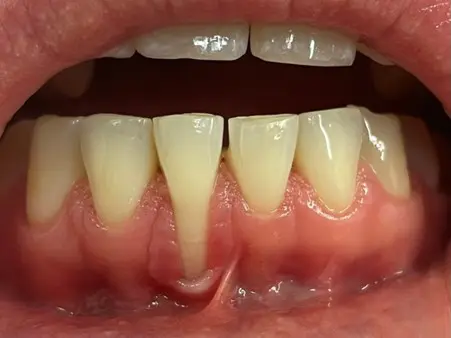
What causes receding gums?
05 Jun, 2025 -
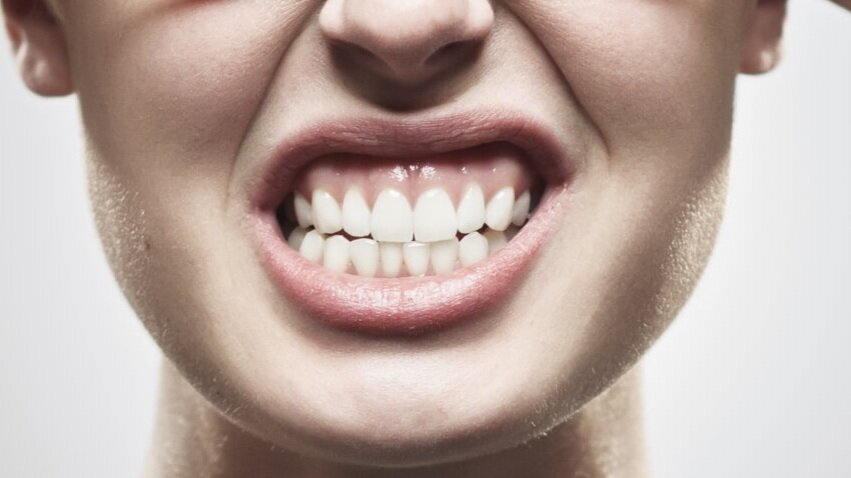
What is bruxism, and how is it treated?
05 Jun, 2025 -

Is it safe to visit the dentist during pregnancy?
05 Jun, 2025 -
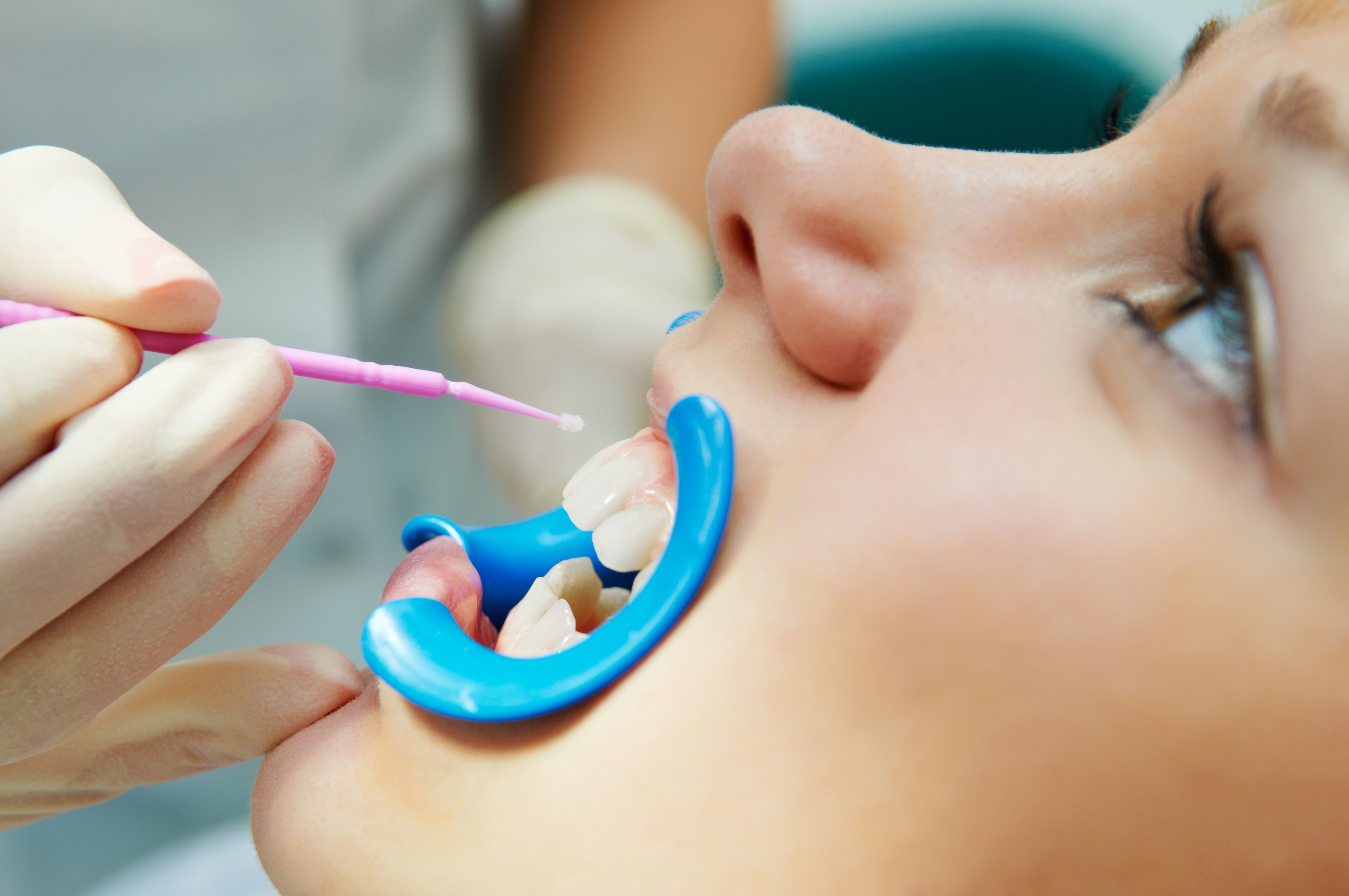
What is fluoride, and is it safe?
05 Jun, 2025 -
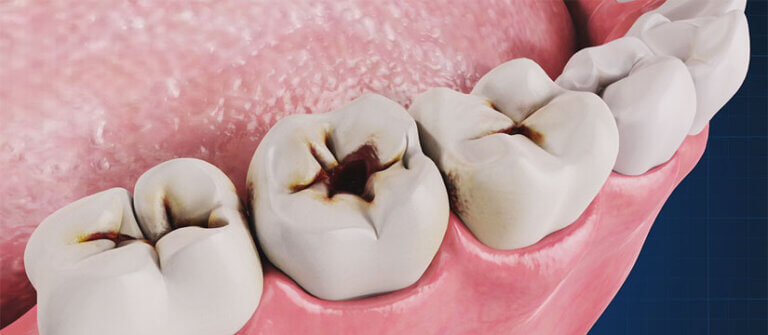
-

How does diet affect my oral health?
05 Jun, 2025 -

Why do my teeth hurt when I eat cold or hot foods?
05 Jun, 2025 -
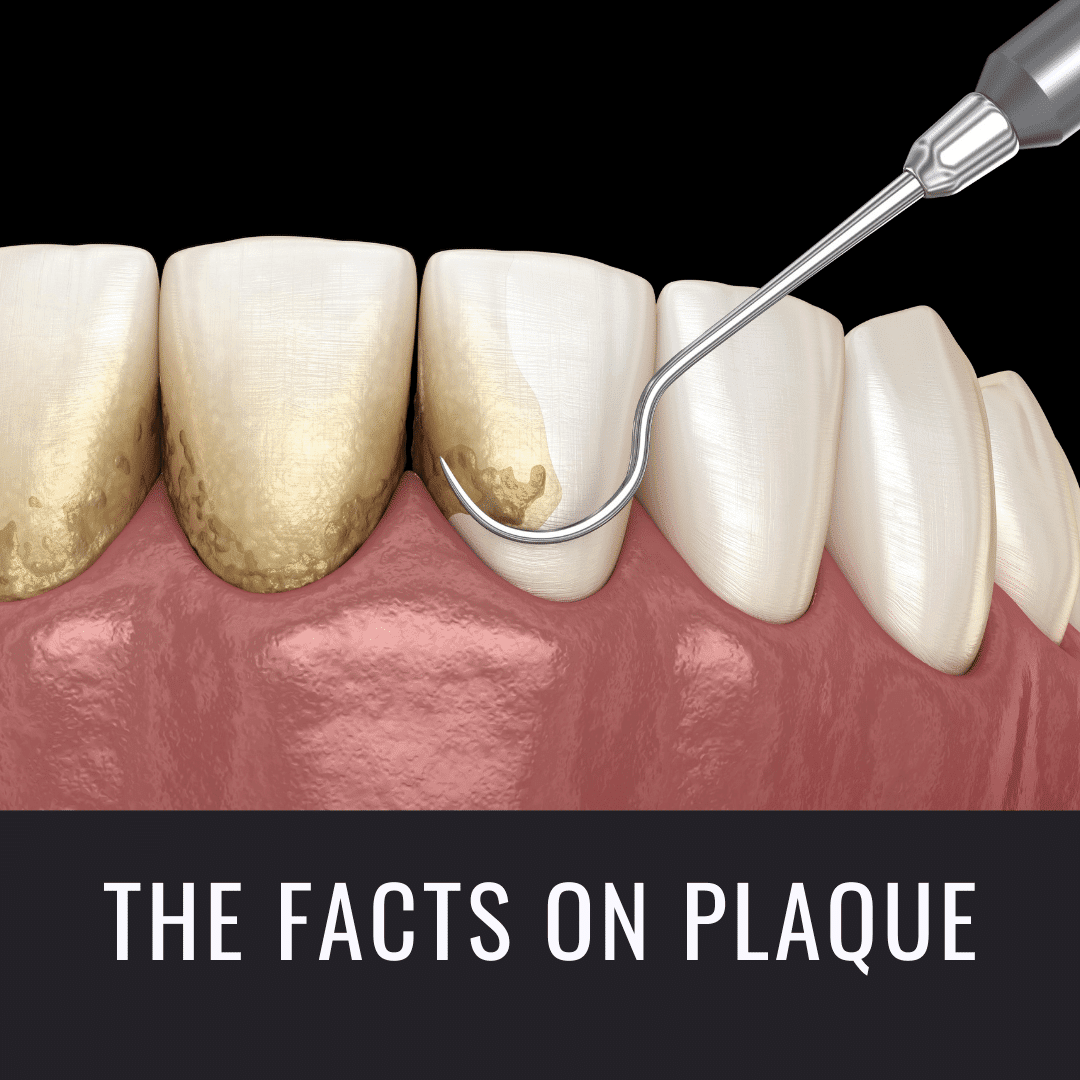
What is plaque, and how do I get rid of it?
05 Jun, 2025 -

Are dental X-rays safe?
05 Jun, 2025 -
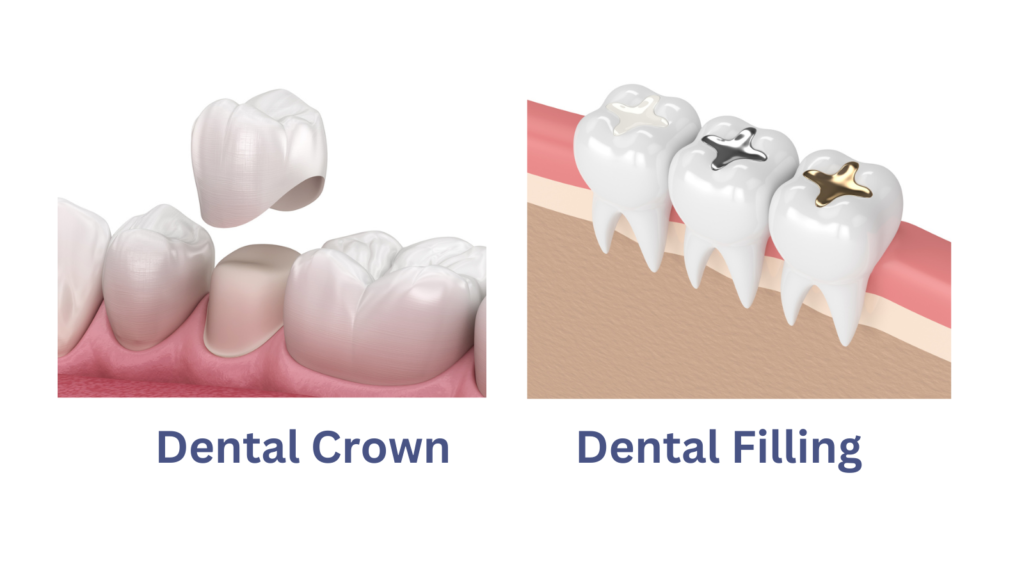
What’s the difference between a crown and a filling?
05 Jun, 2025 -
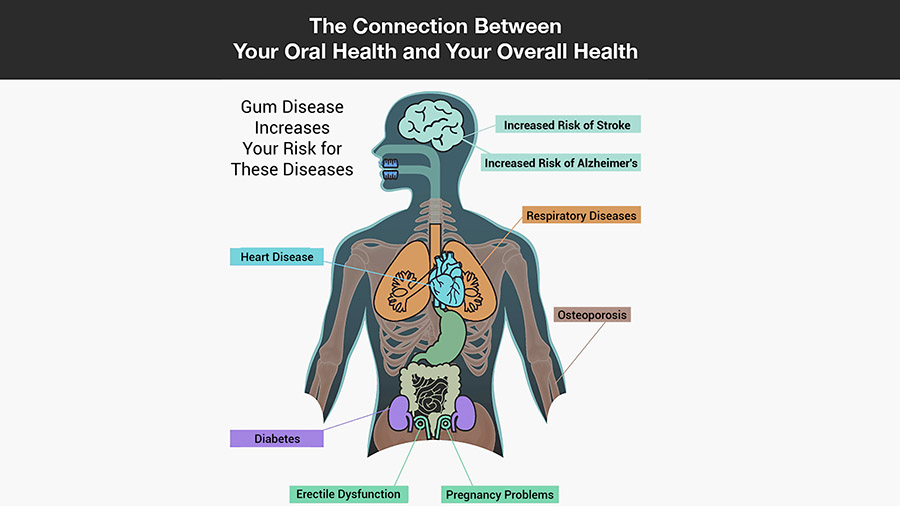
Can poor oral health affect my overall health?
05 Jun, 2025 -
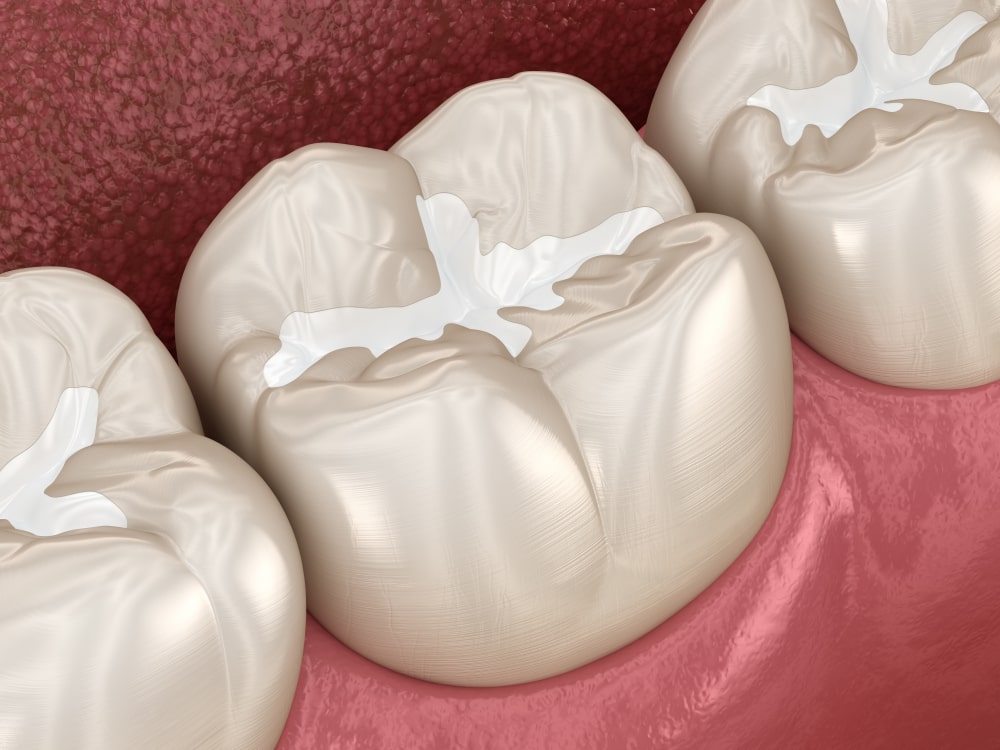
What are sealants, and who needs them?
05 Jun, 2025 -

How long do dental implants last?
05 Jun, 2025 -

Is getting a dental implant painful?
05 Jun, 2025 -

Can anyone get dental implants?
05 Jun, 2025 -
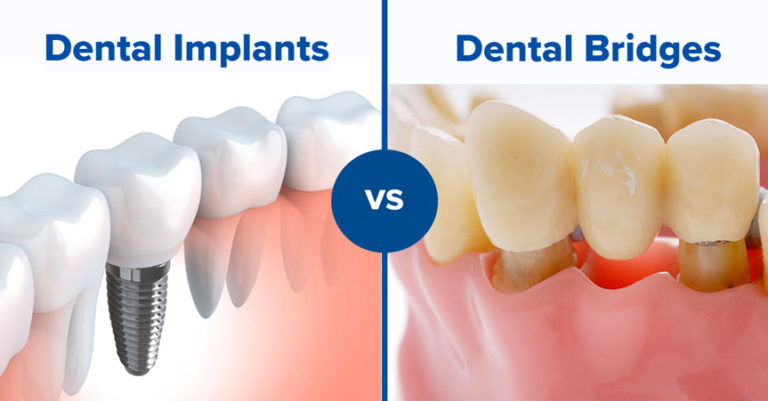
How does a dental implant compare to a bridge?
05 Jun, 2025 -
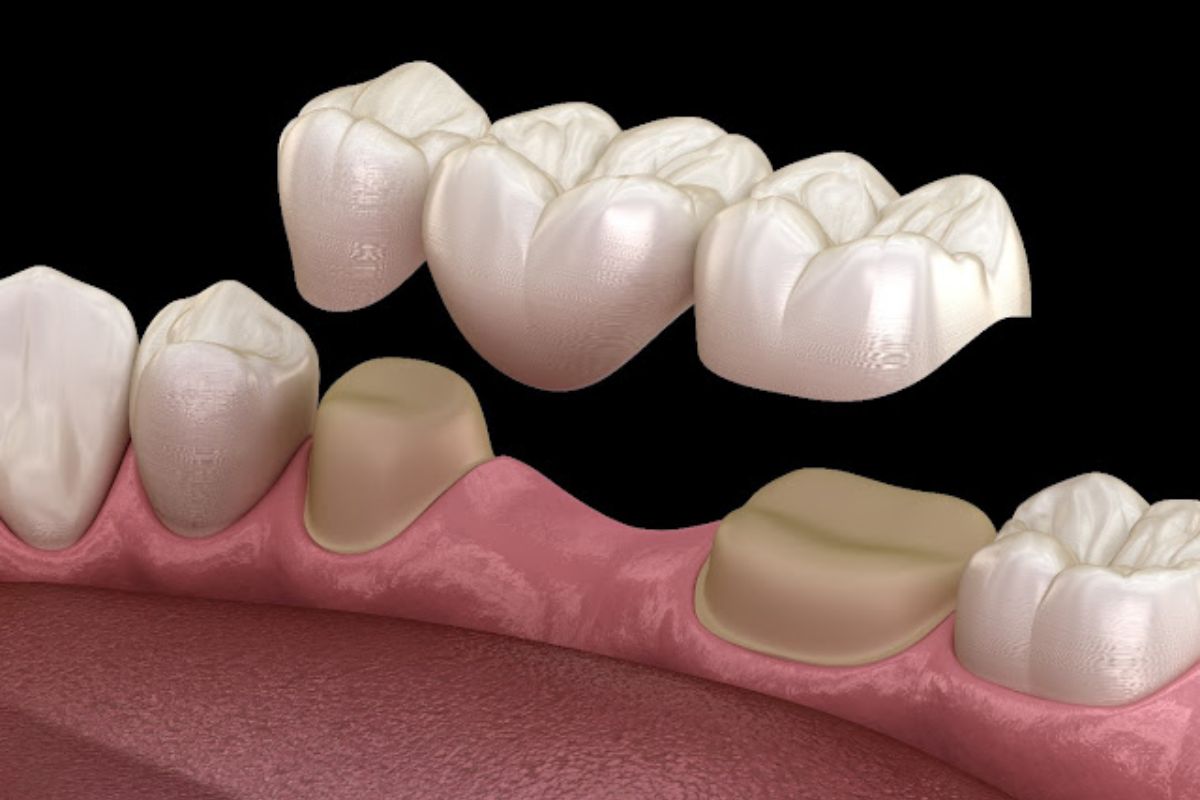
What is a dental bridge?
05 Jun, 2025 -
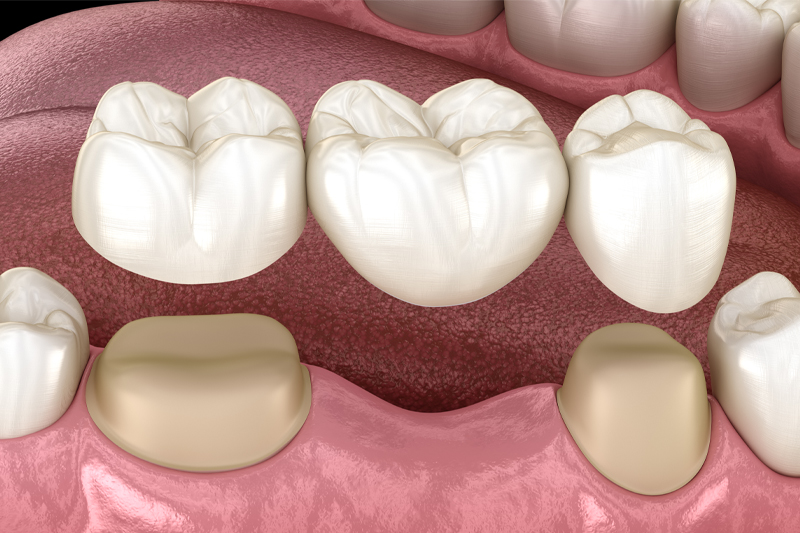
How long do dental bridges last?
05 Jun, 2025 -
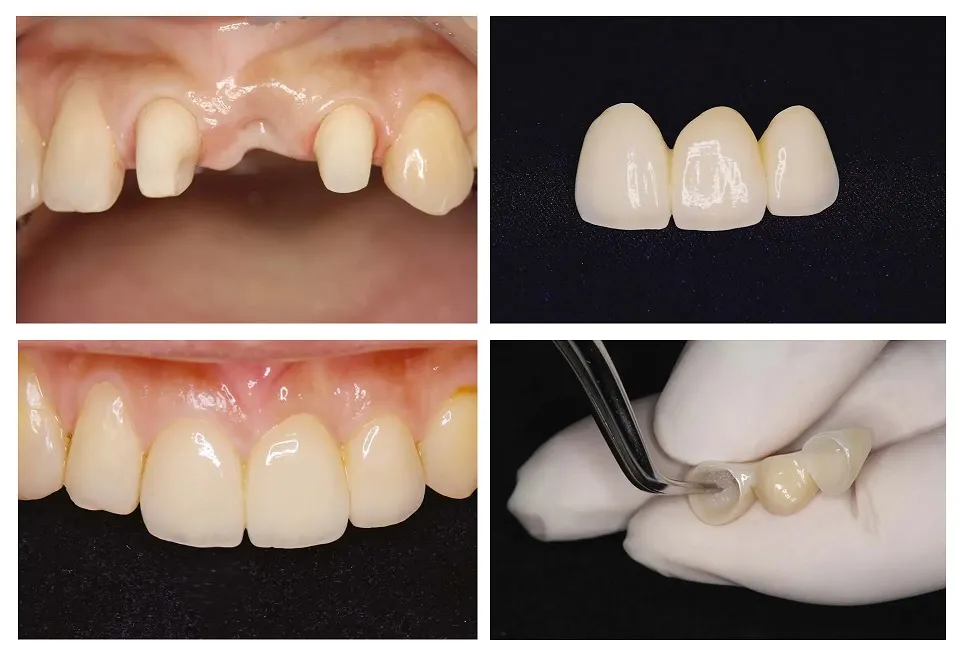
Are dental bridges noticeable?
05 Jun, 2025 -
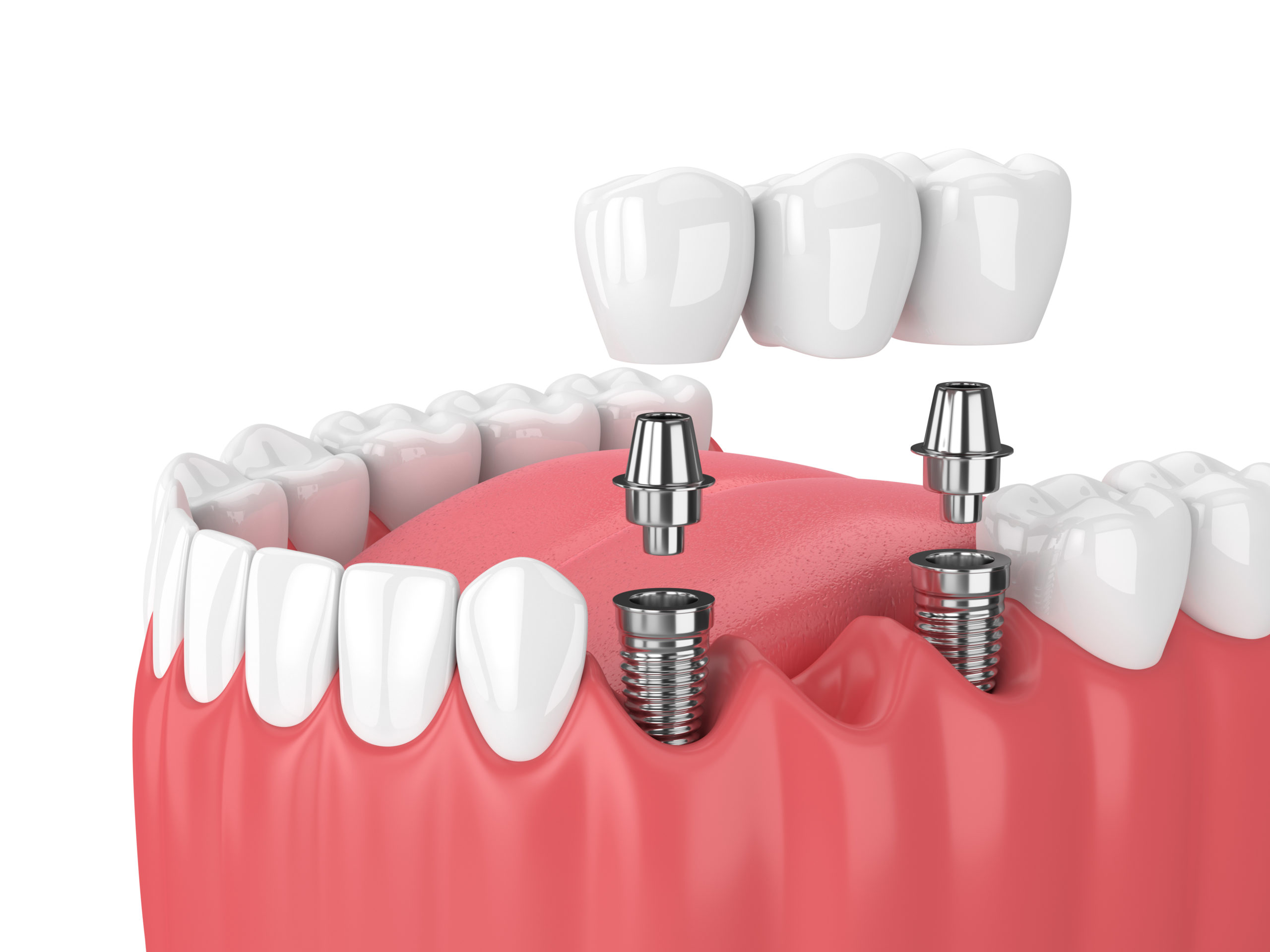
Can a bridge replace multiple missing teeth?
05 Jun, 2025 -
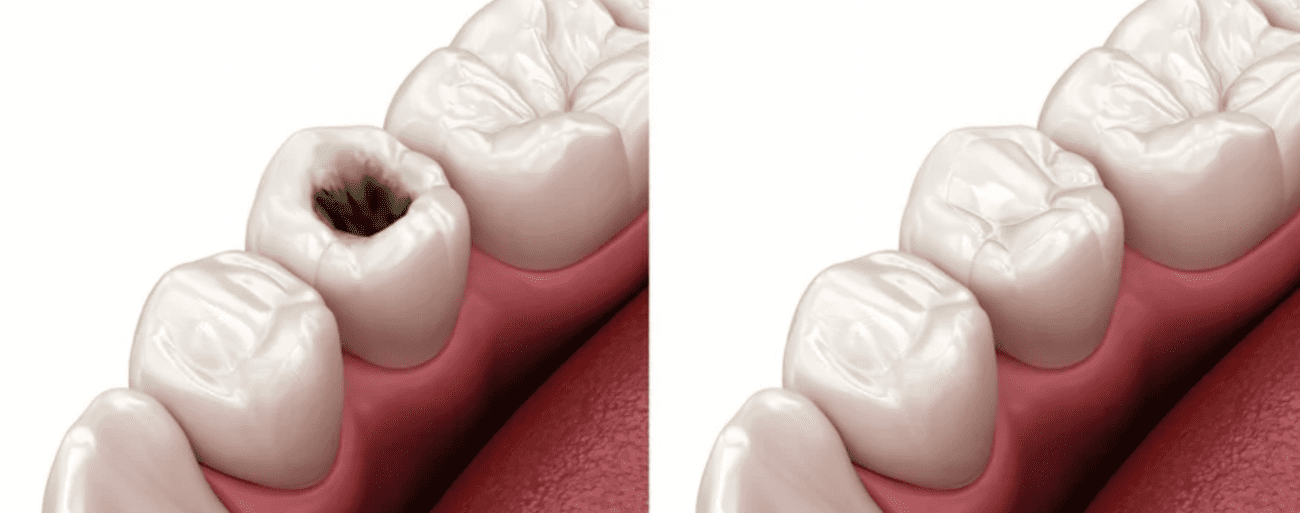
What is a dental filling and why is it needed?
05 Jun, 2025 -
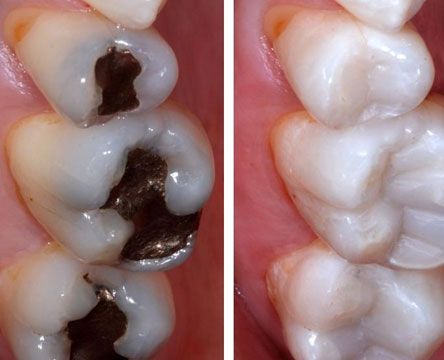
What types of materials are used for fillings?
05 Jun, 2025 -
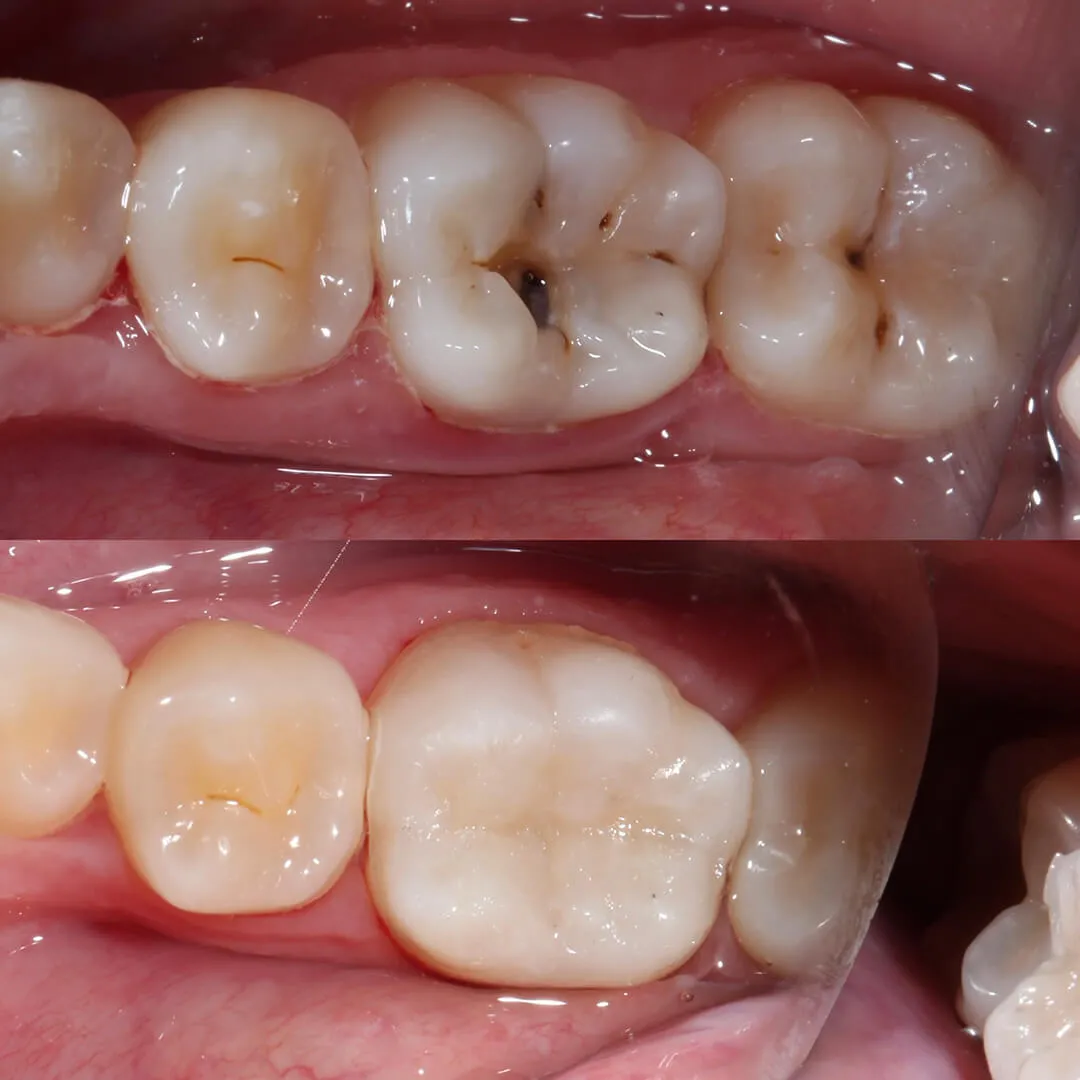
How long does a filling last?
05 Jun, 2025 -
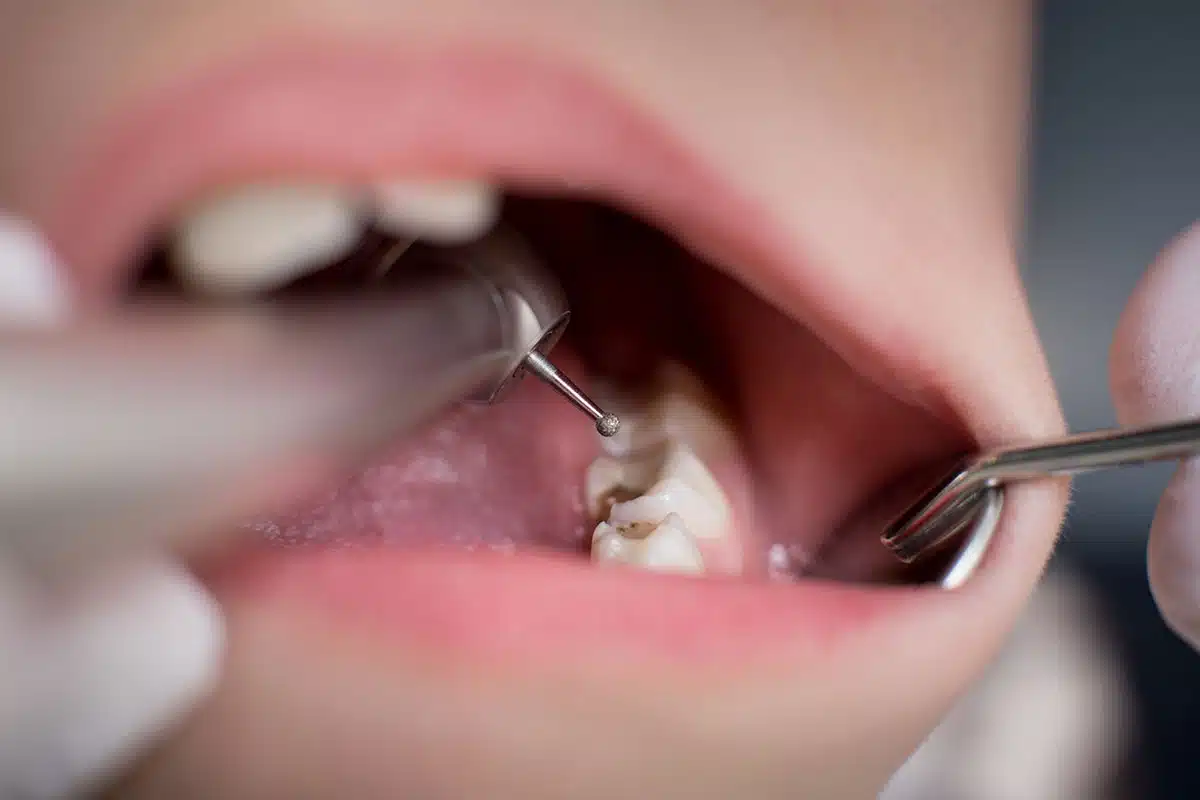
Is the filling procedure painful?
05 Jun, 2025 -
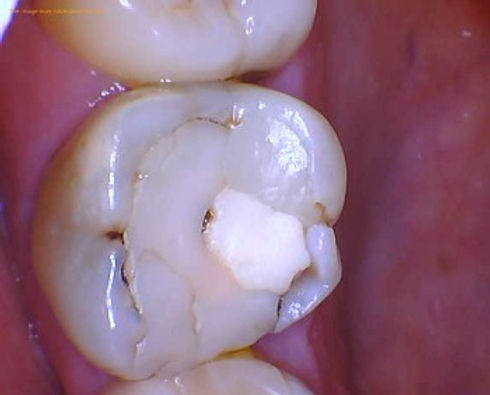
Can fillings fall out or break?
05 Jun, 2025 -
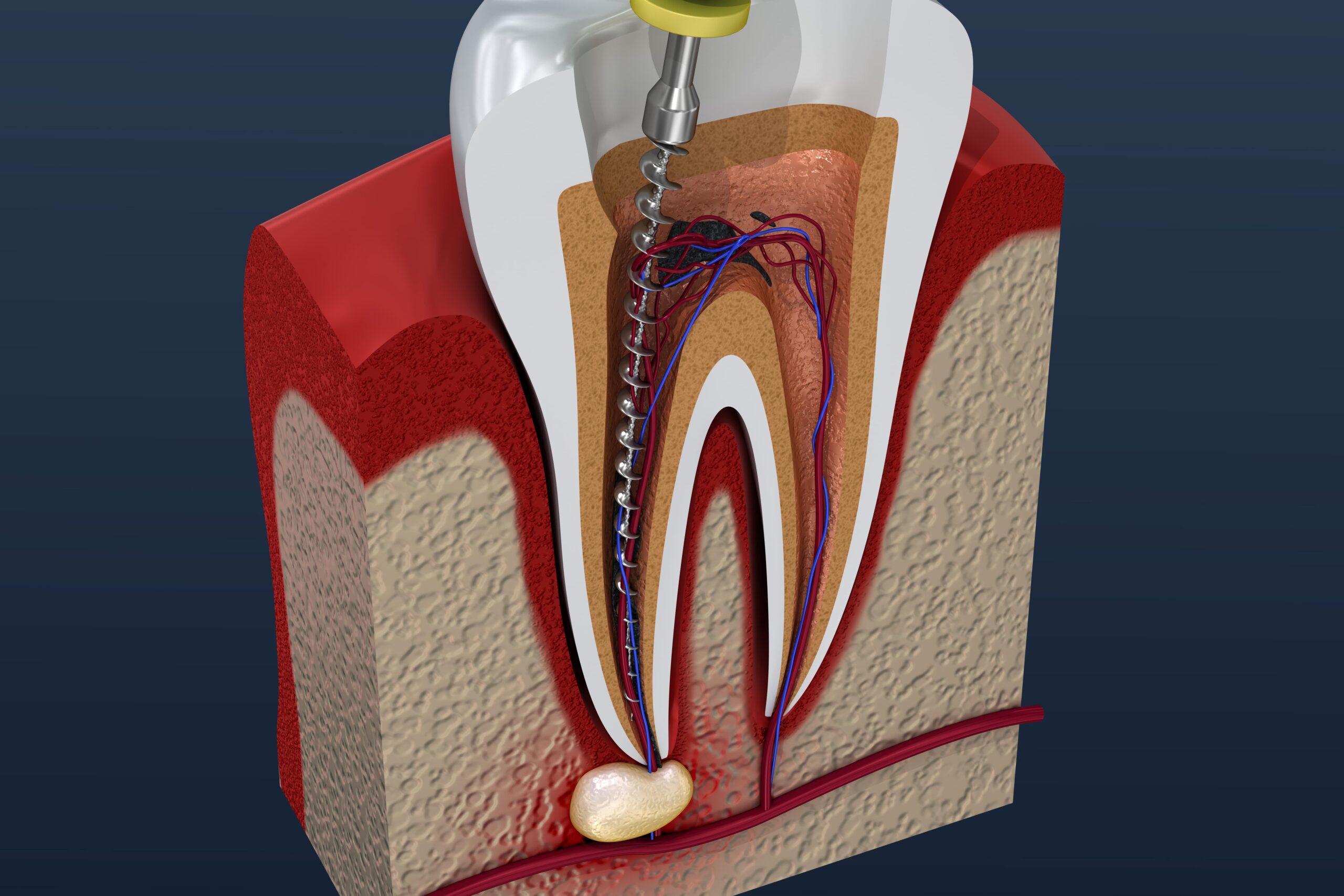
What is a root canal treatment?
05 Jun, 2025 -
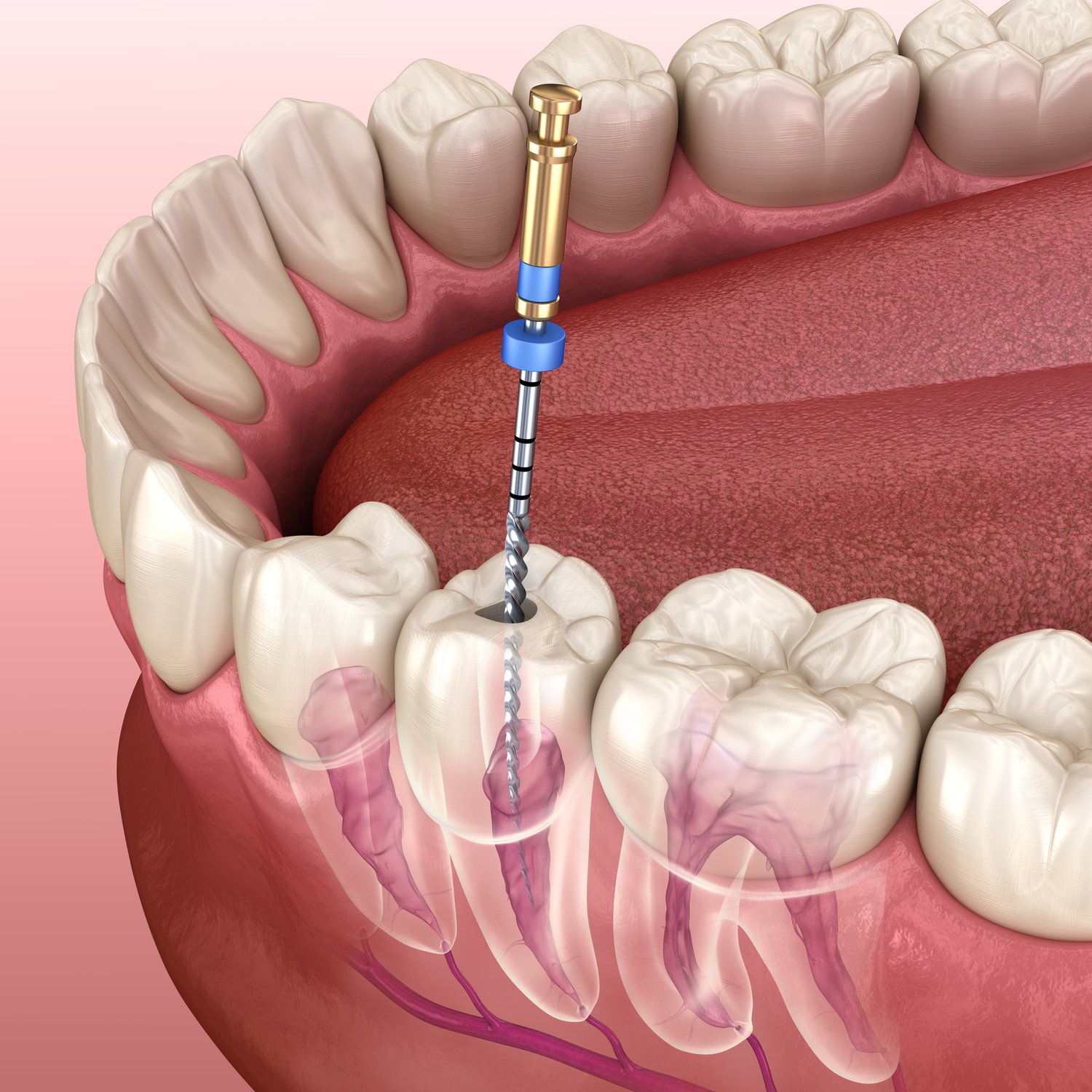
Does a root canal hurt?
05 Jun, 2025 -
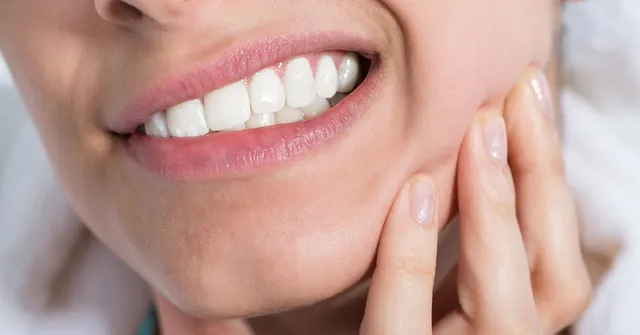
How do I know if I need a root canal?
05 Jun, 2025 -
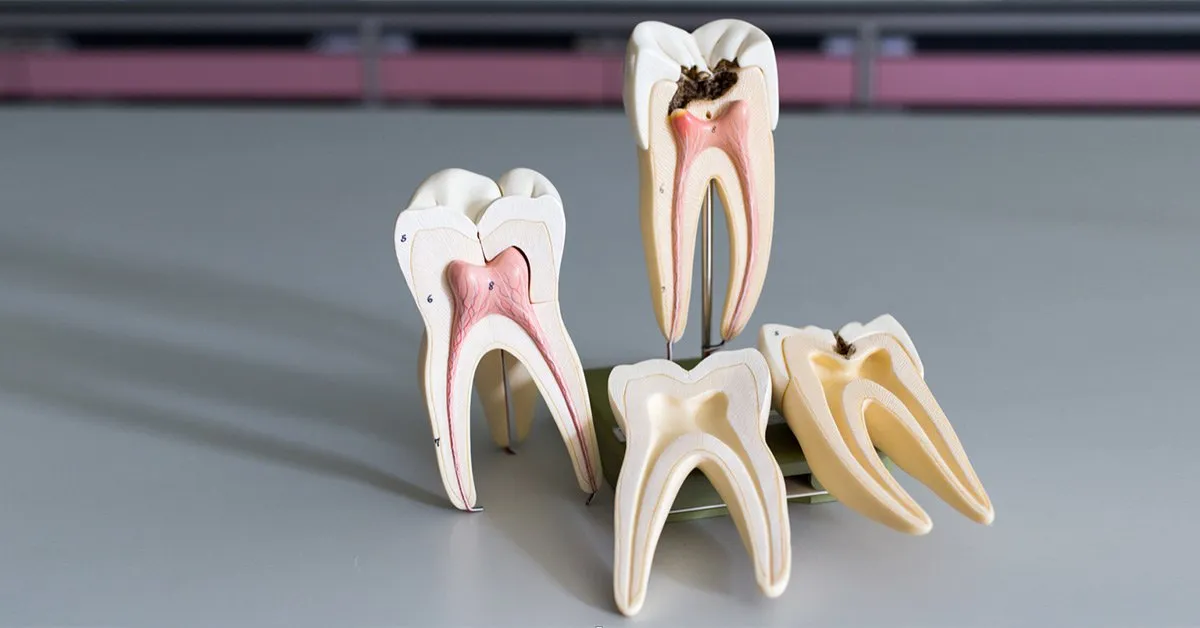
Is the tooth dead after a root canal?
05 Jun, 2025 -
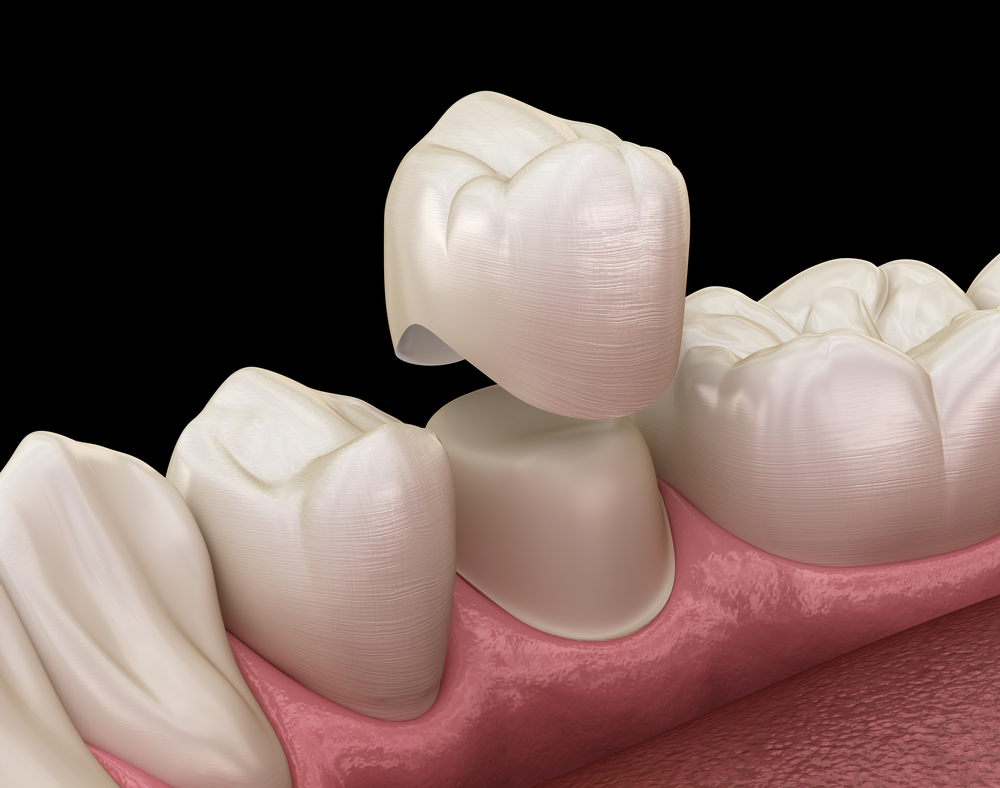
Why is a crown needed after a root canal?
05 Jun, 2025 -
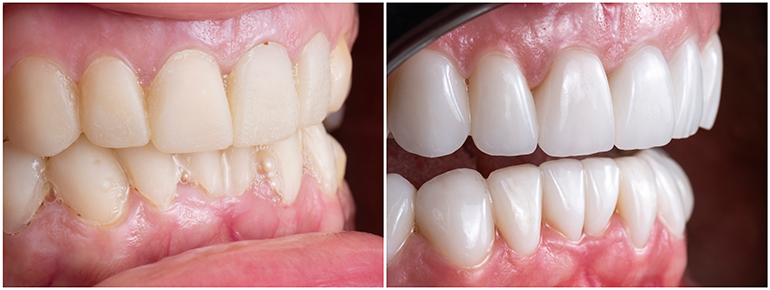
What is cosmetic dentistry?
05 Jun, 2025 -
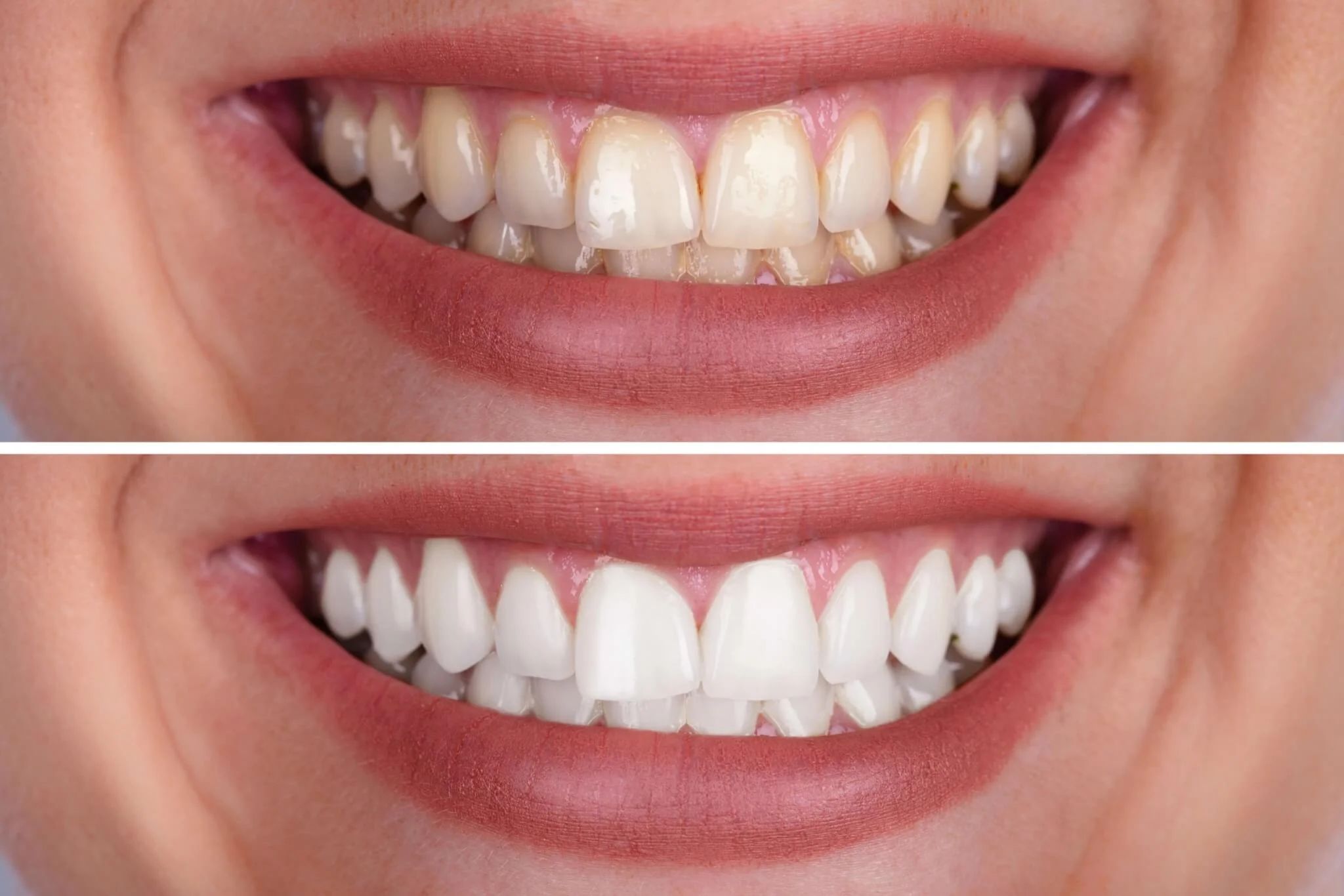
How long does teeth whitening last?
05 Jun, 2025 -
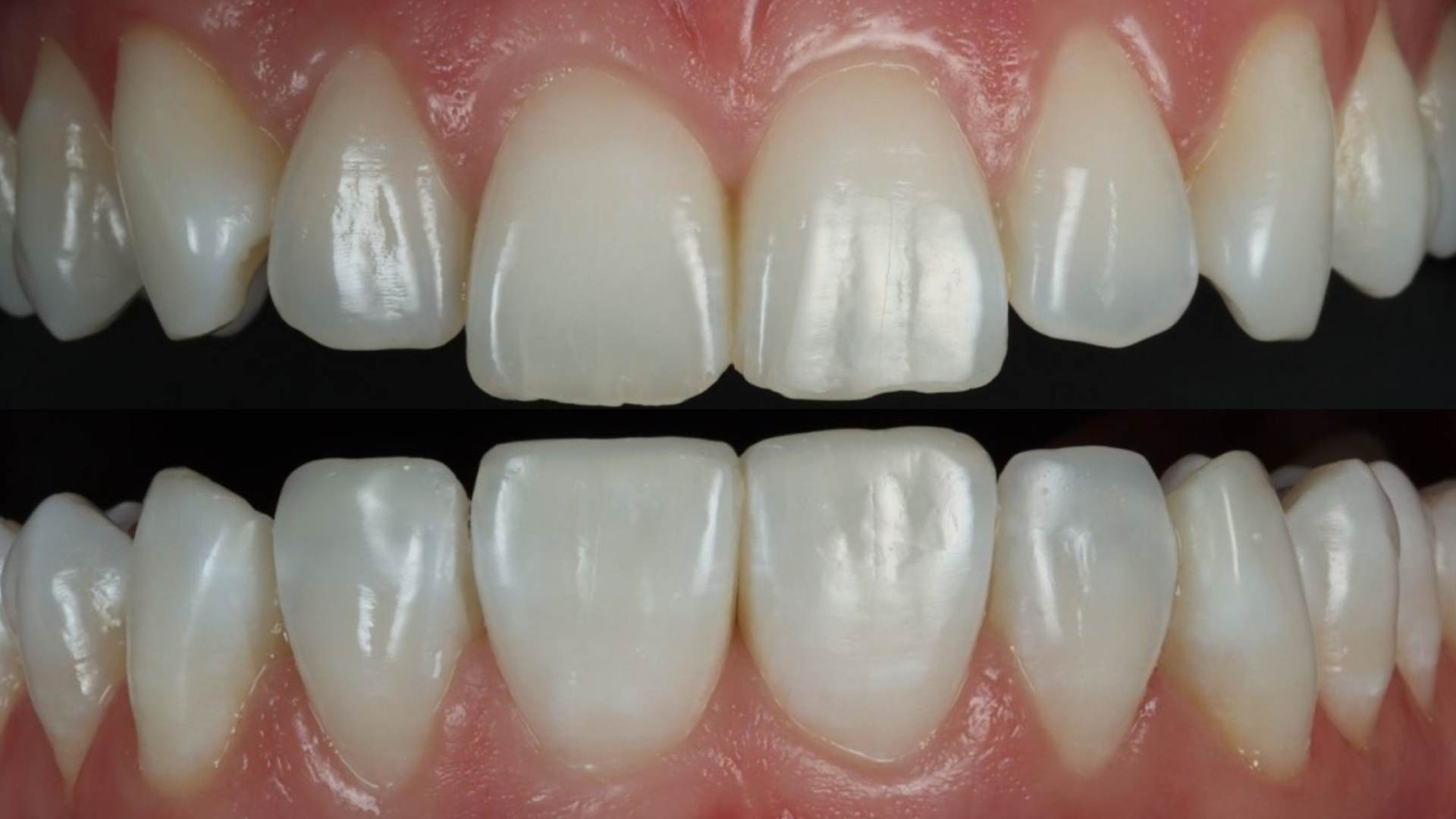
What’s the difference between bonding and veneers?
05 Jun, 2025 -
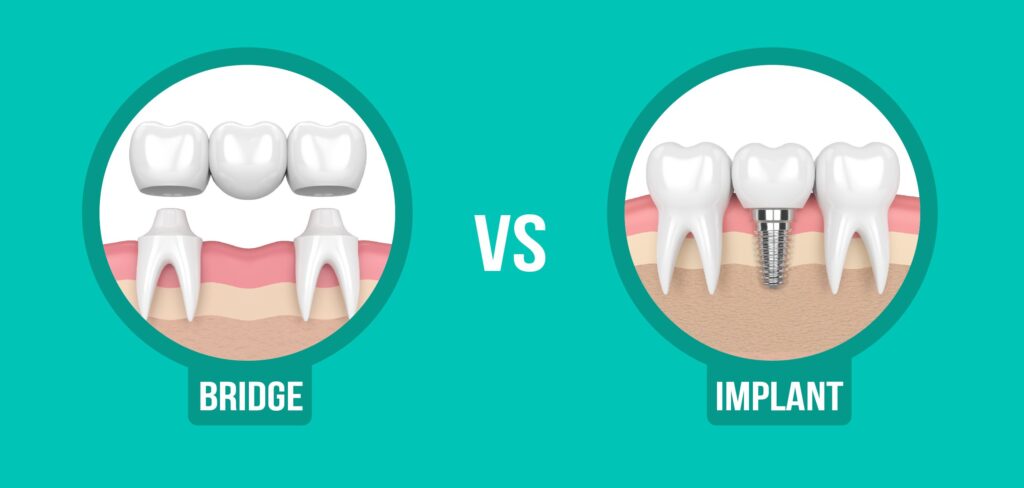
Is a dental implant better than a bridge?
05 Jun, 2025 -
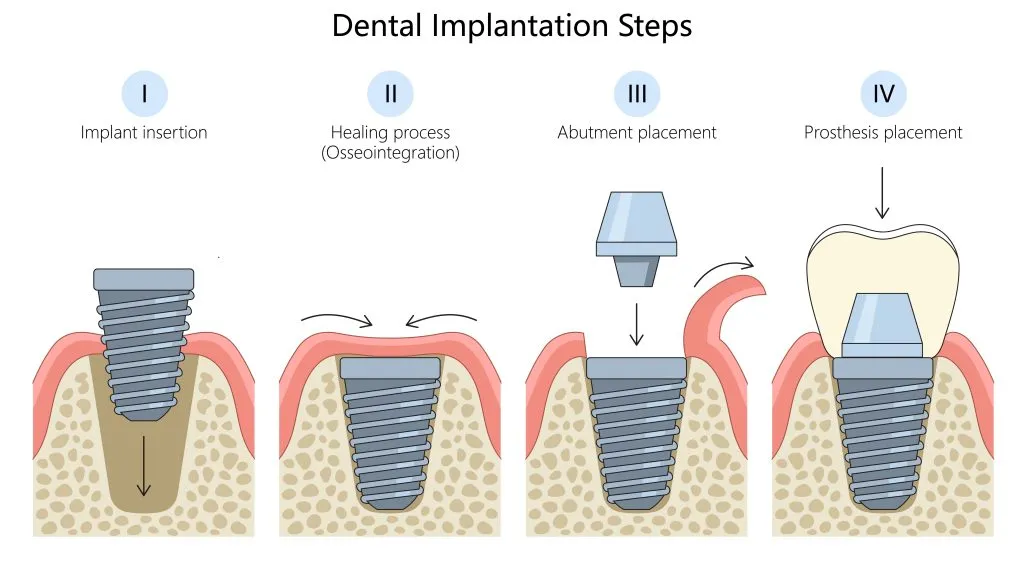
-

Will I be able to eat normally with dental implants?
05 Jun, 2025 -
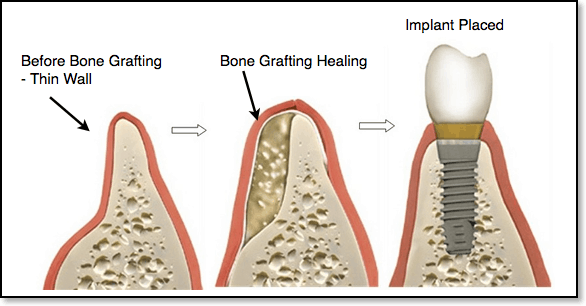
Is bone grafting always needed for implants?
05 Jun, 2025 -
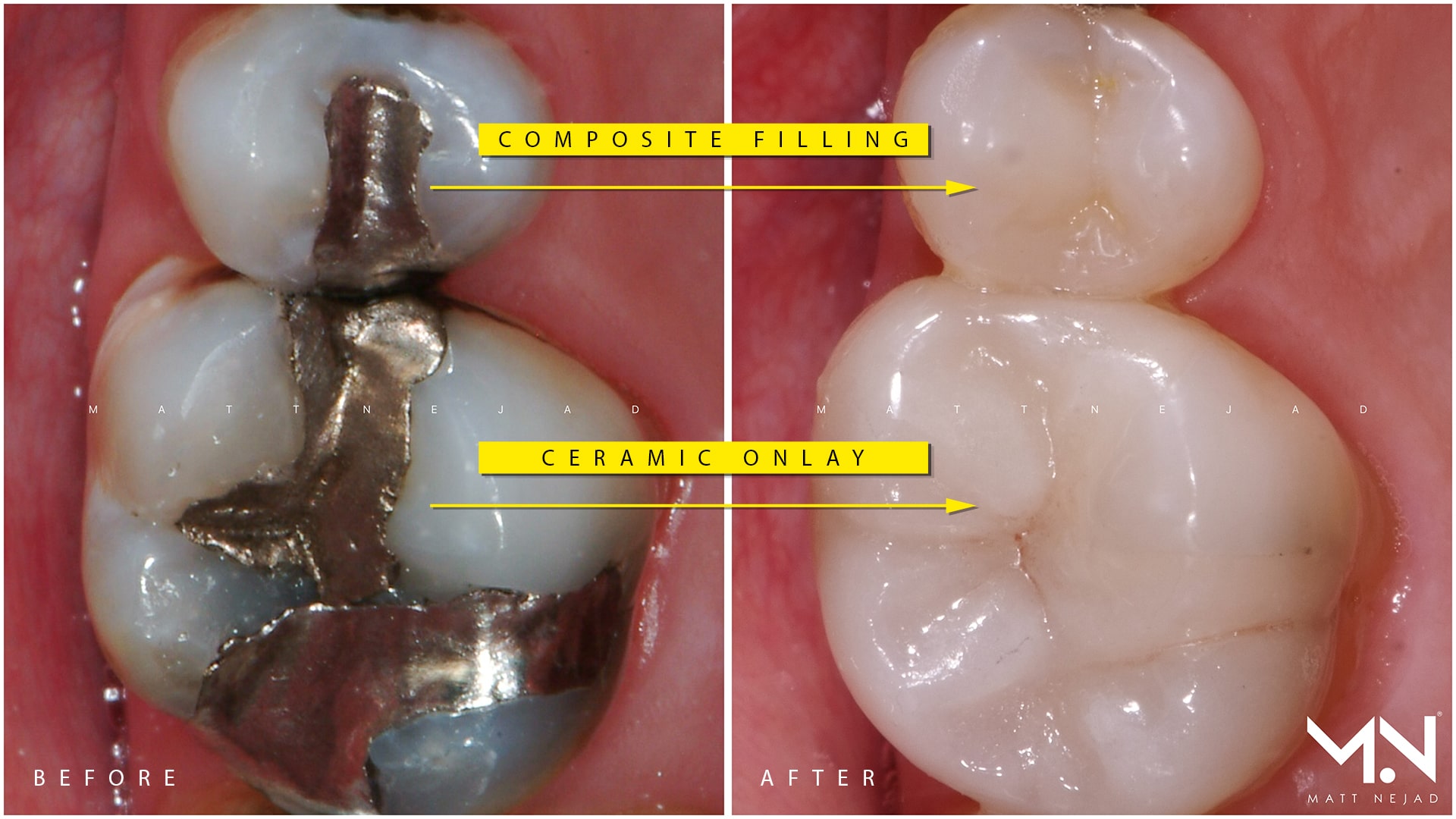
-
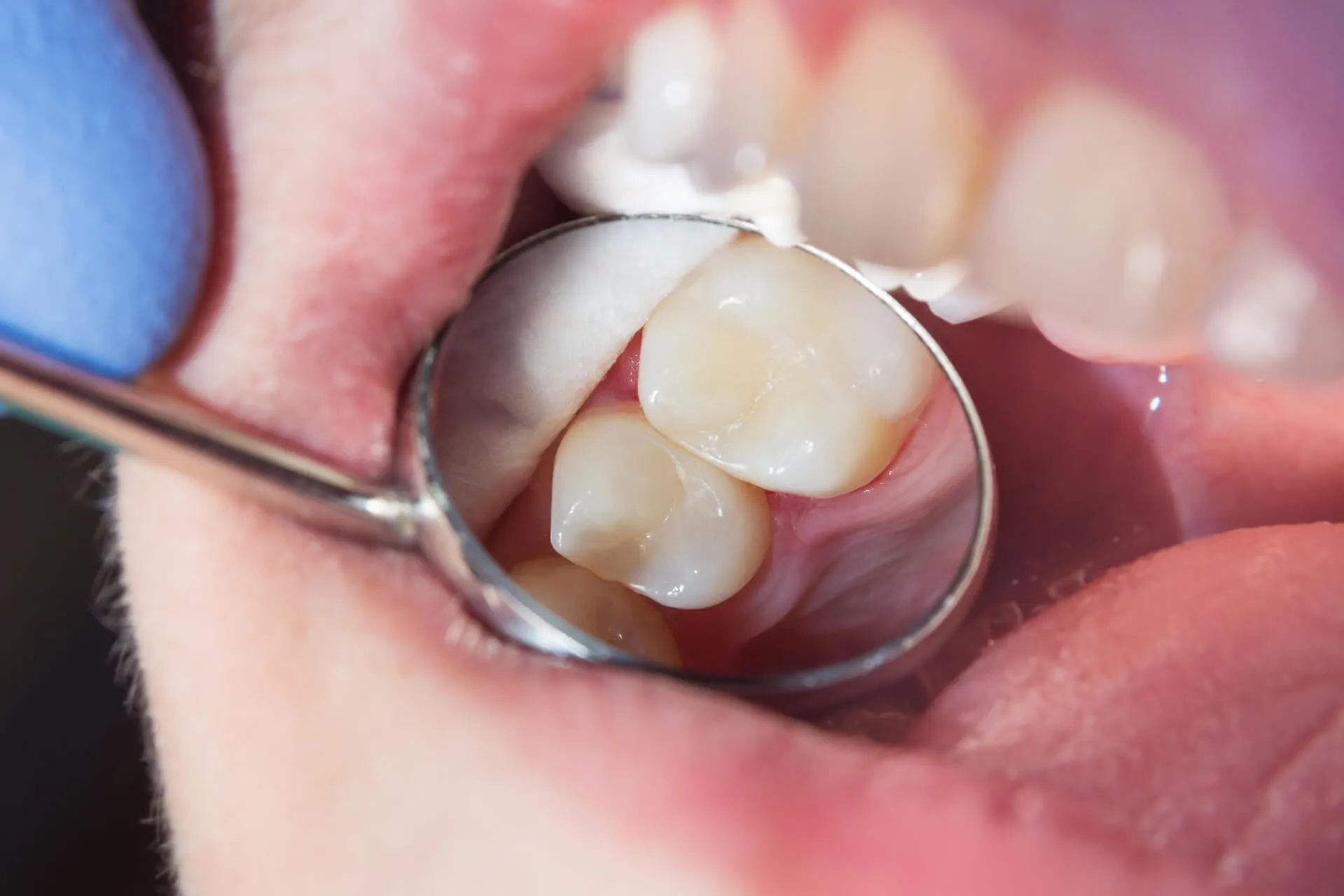
Do fillings hurt after they’re placed?
05 Jun, 2025 -
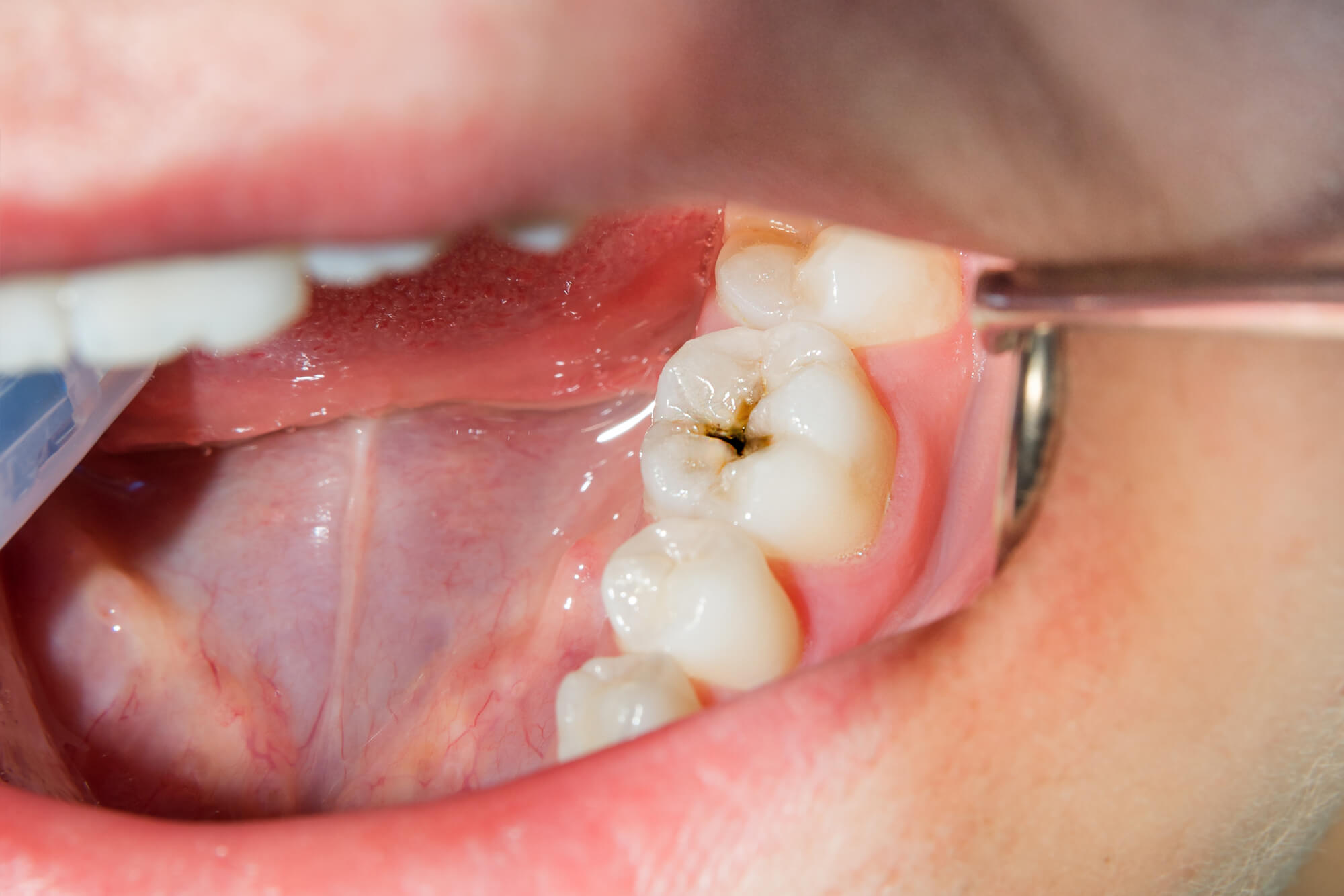
How do I know if I need a filling?
05 Jun, 2025 -
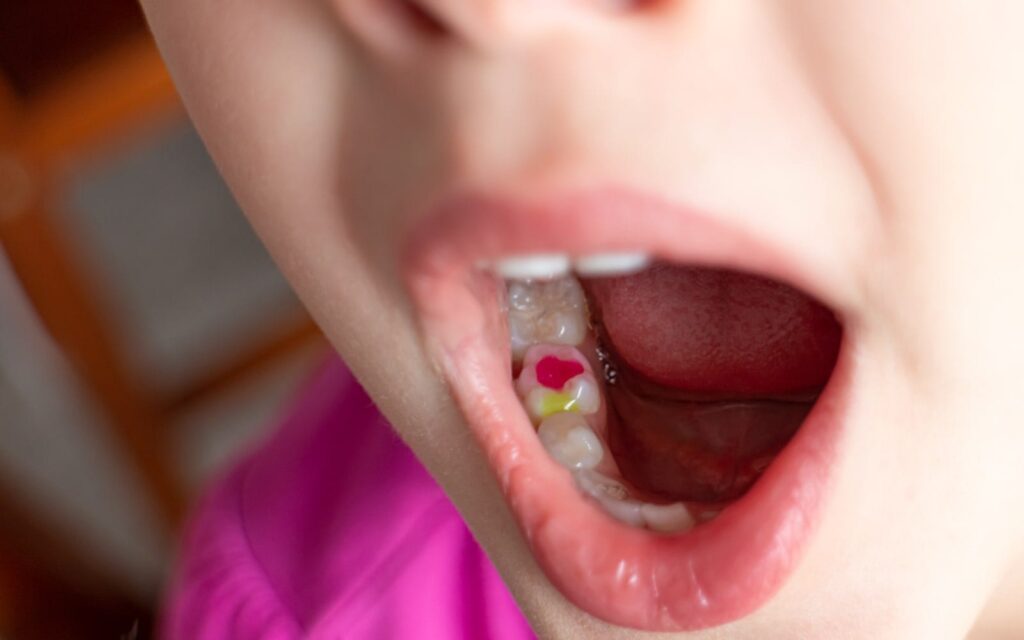
Can children get tooth-colored fillings too?
05 Jun, 2025 -
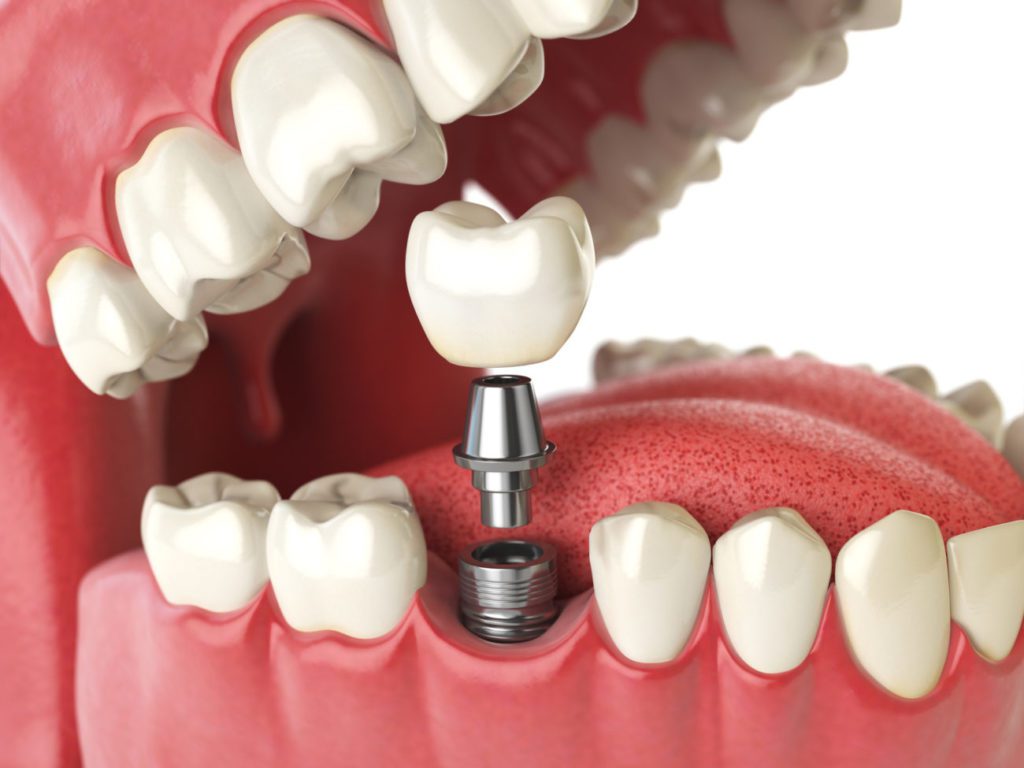
Do I need a bridge if I’m missing just one tooth?
05 Jun, 2025 -
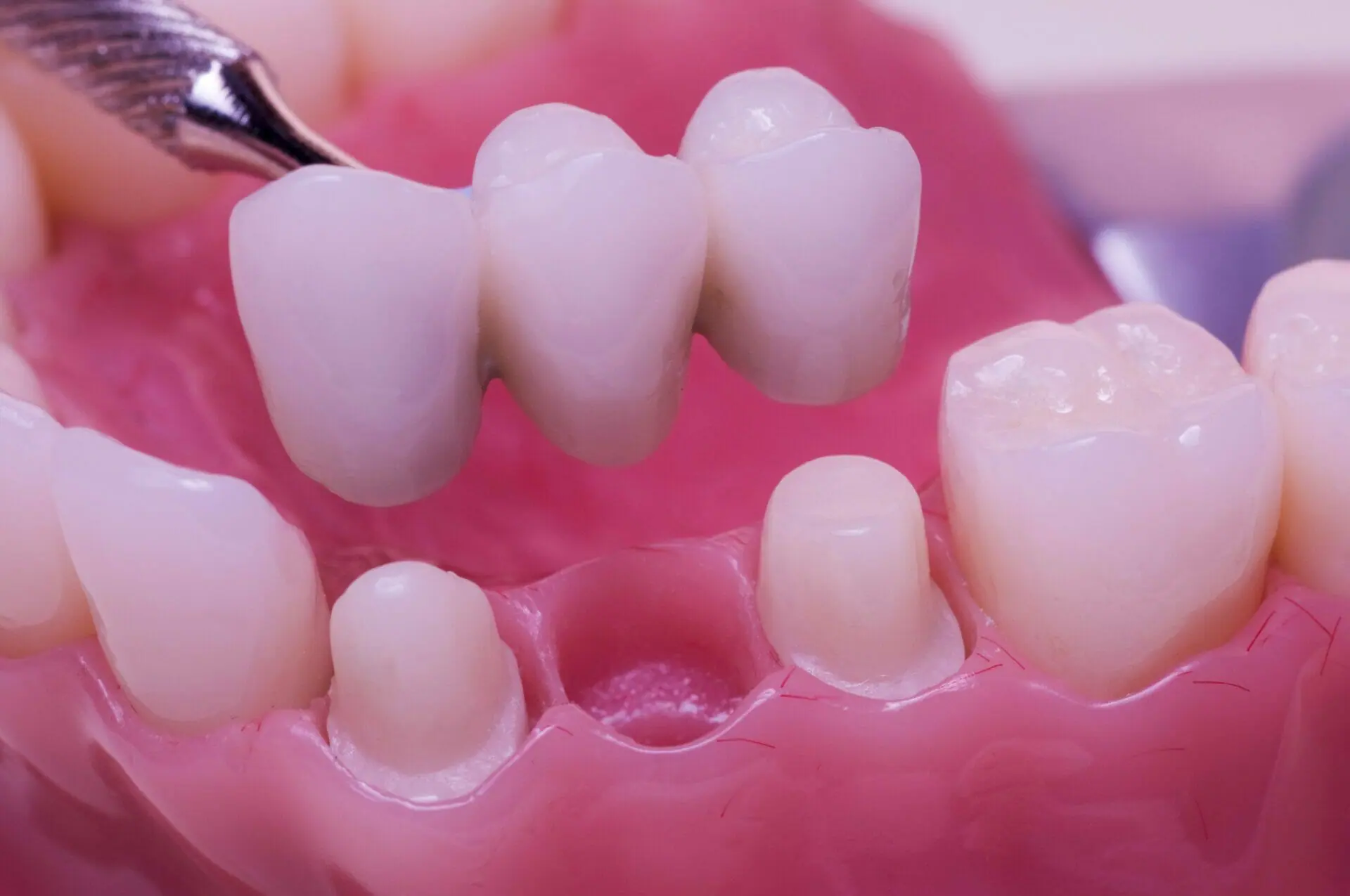
Can a bridge feel like a natural tooth?
05 Jun, 2025 -
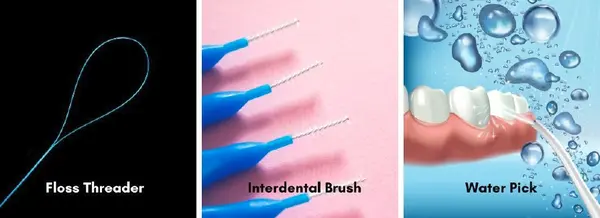
How do I clean around a dental bridge?
05 Jun, 2025 -

Can I eat normally with a dental bridge?
05 Jun, 2025 -
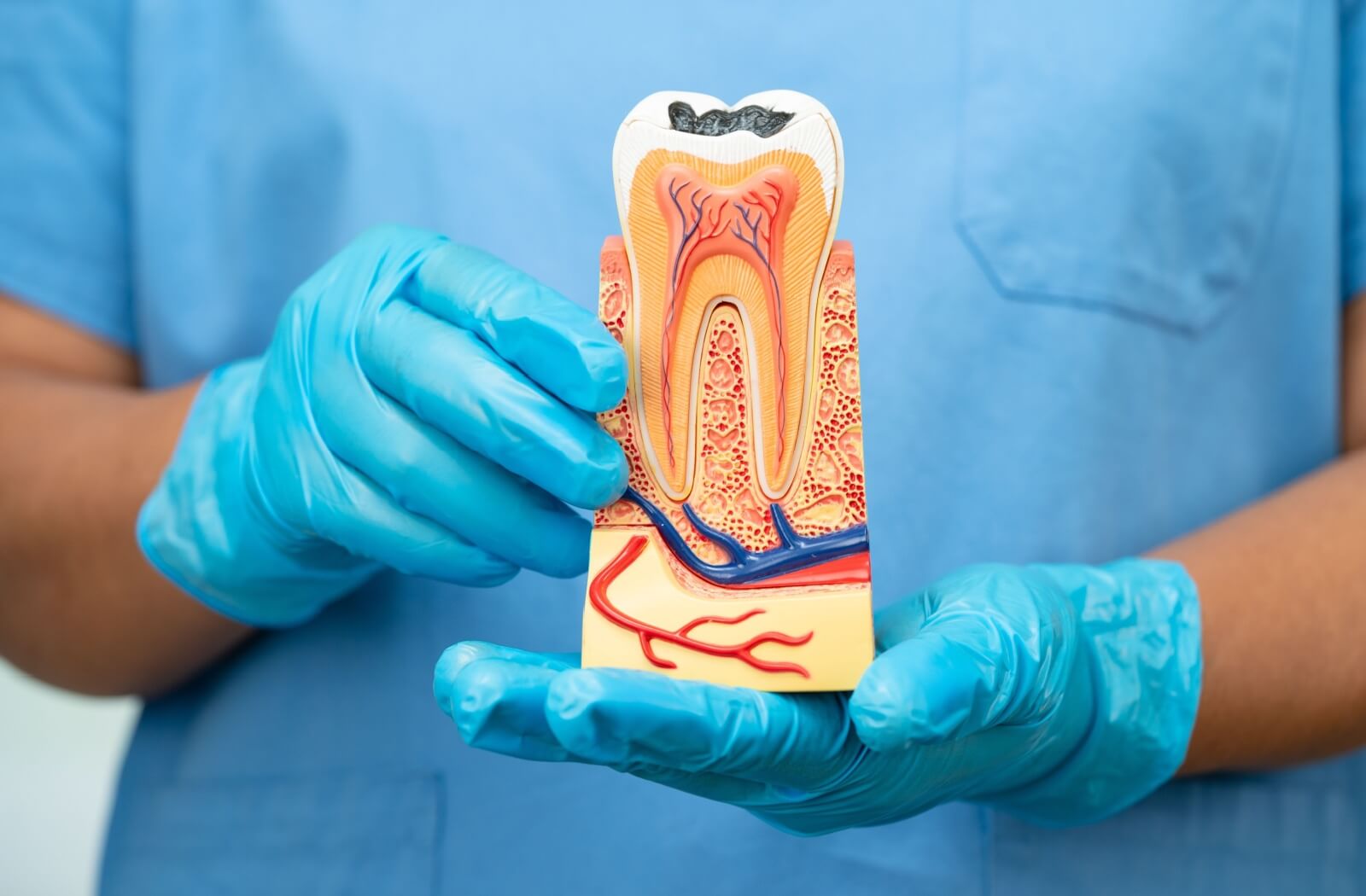
How long does a root canal procedure take?
05 Jun, 2025 -
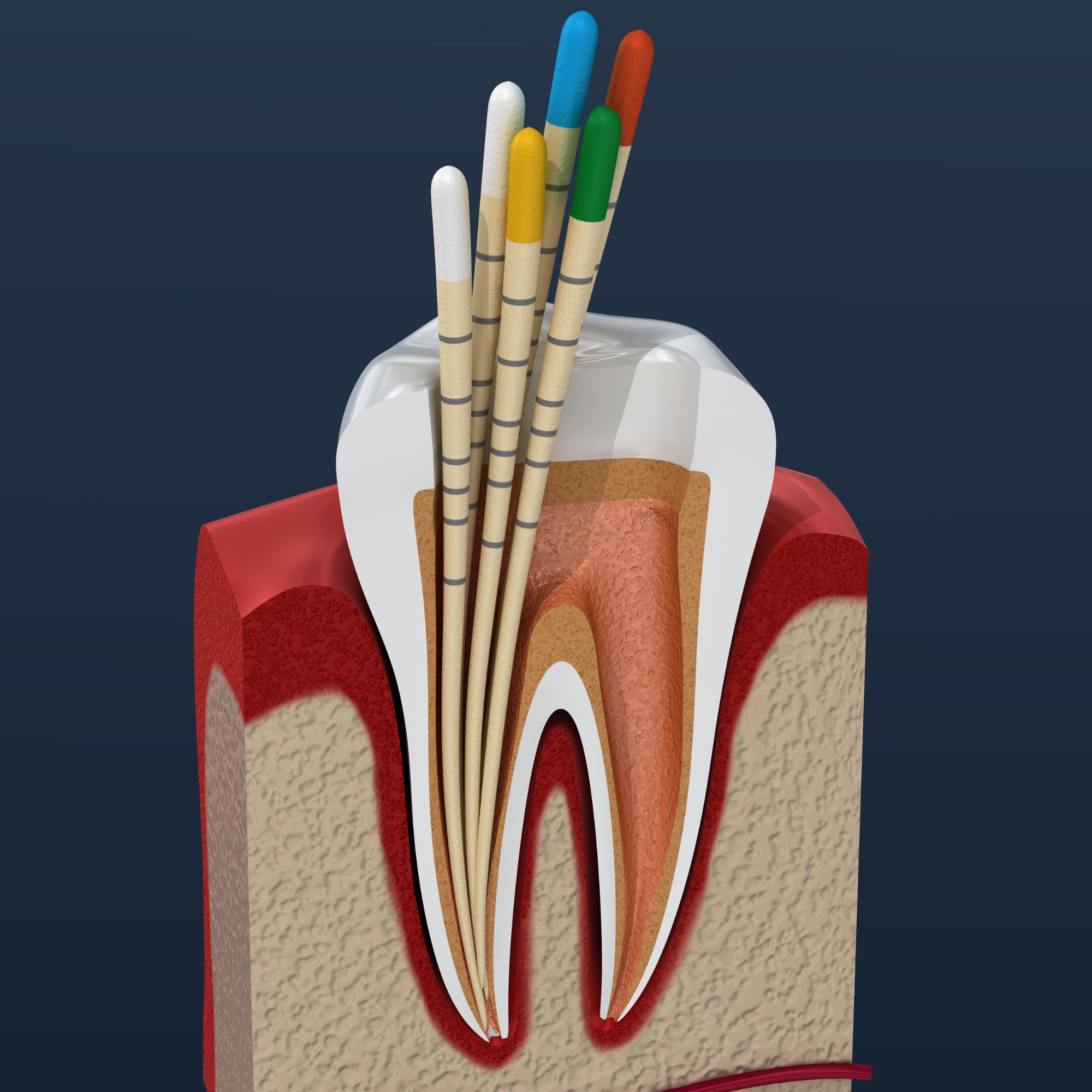
What happens after a root canal?
05 Jun, 2025 -
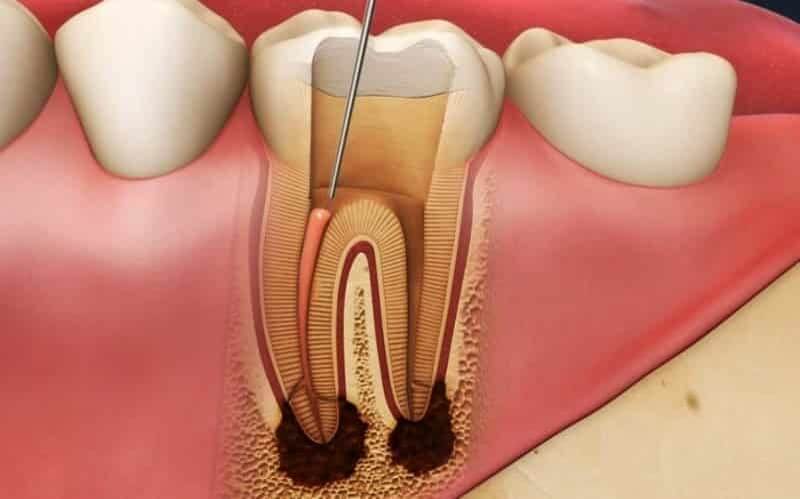
Can a root canal fail?
05 Jun, 2025 -
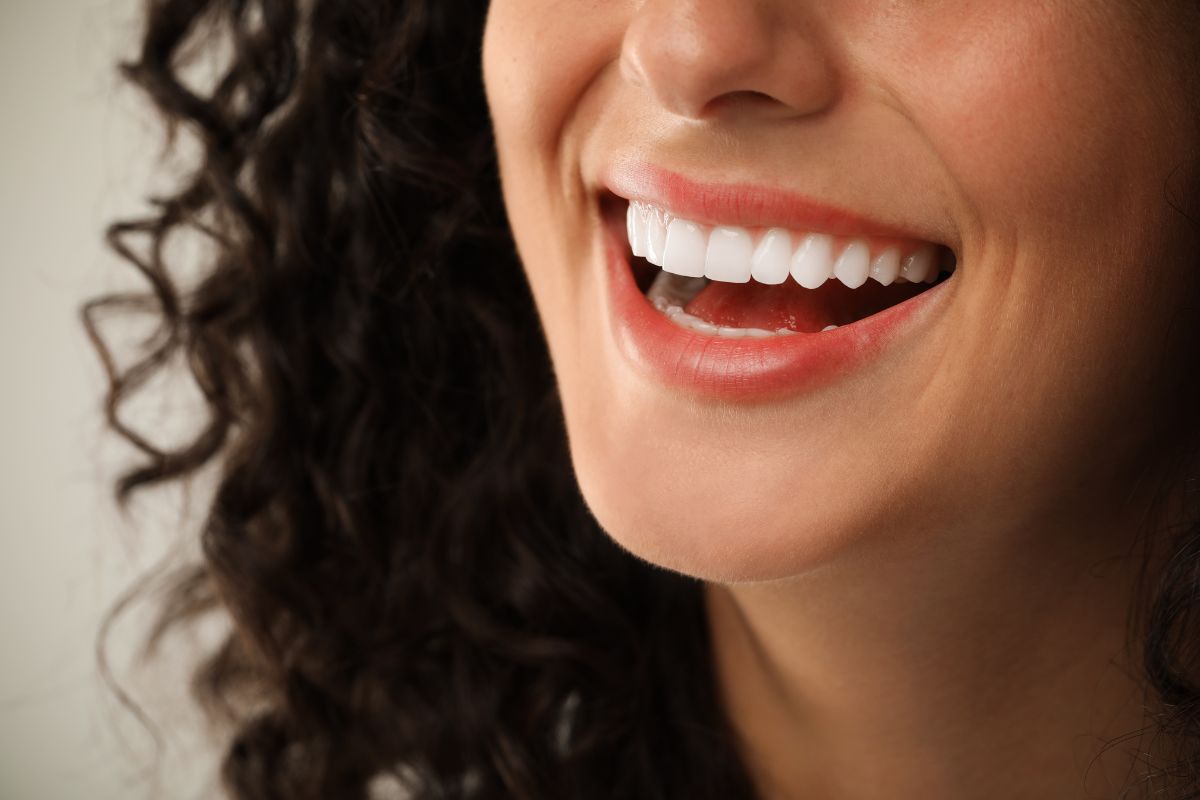
Is cosmetic dentistry only about appearance?
05 Jun, 2025 -
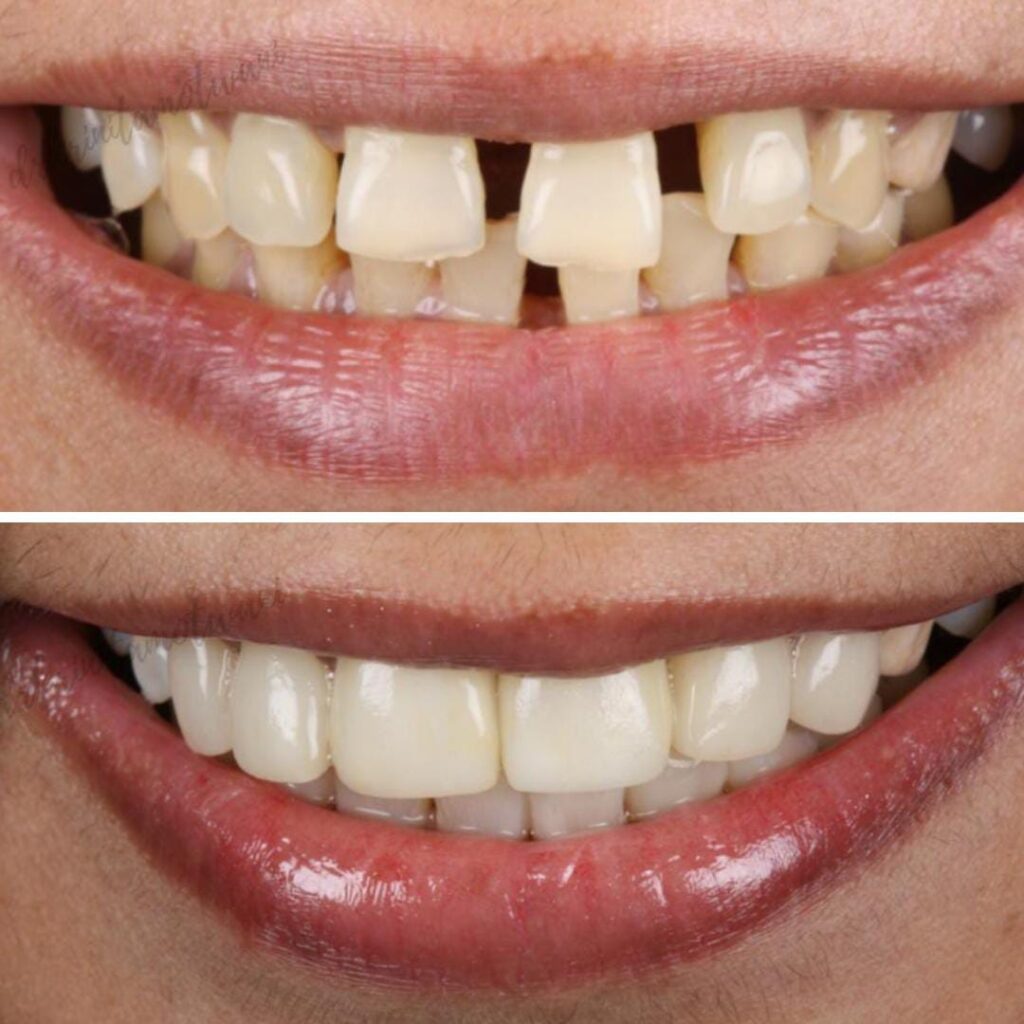
Can cosmetic dentistry fix gaps between teeth?
05 Jun, 2025 -
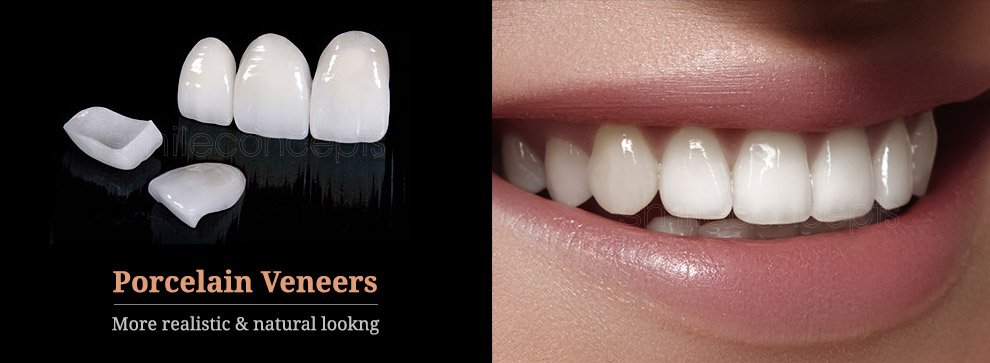
Are veneers permanent?
05 Jun, 2025 -
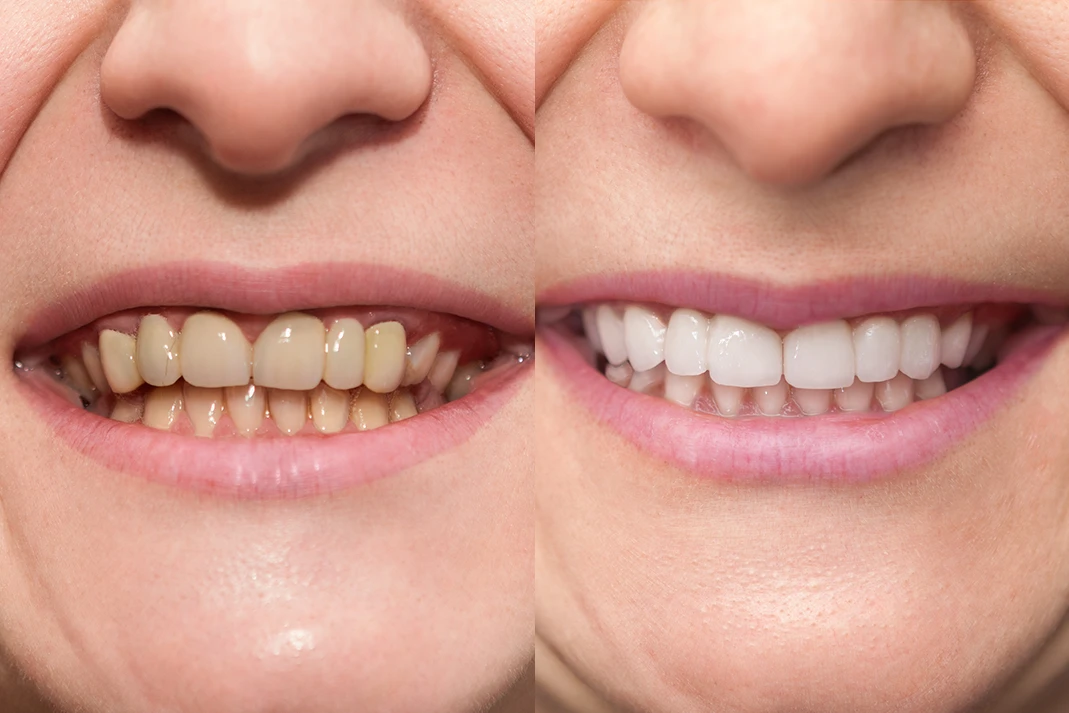
-
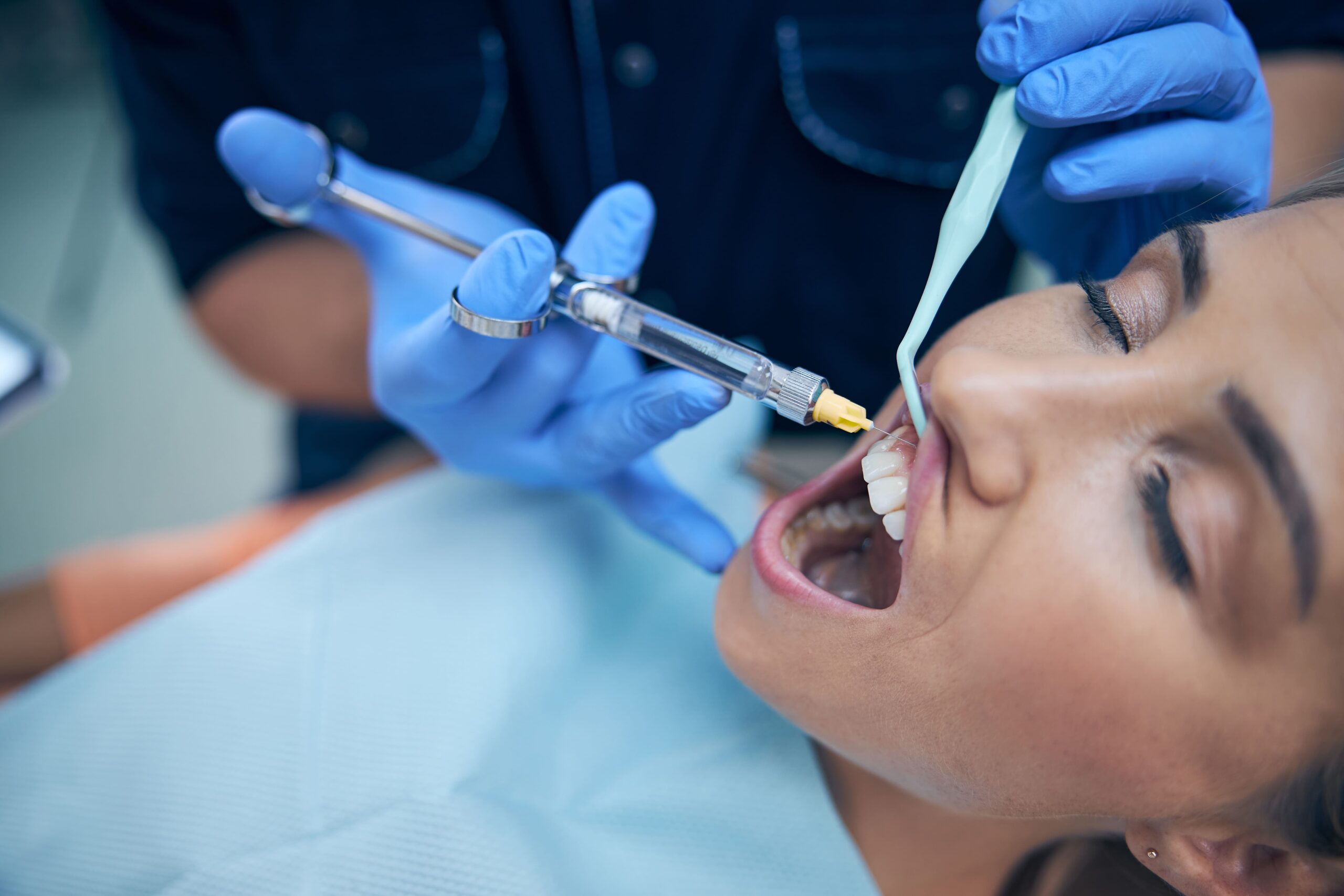
Will I be awake during my dental procedure?
05 Jun, 2025 -
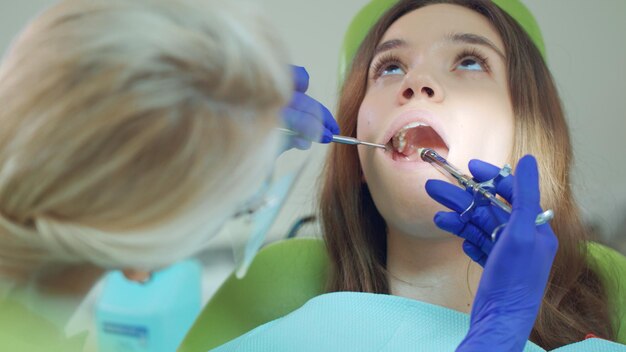
Is dental anesthesia safe?
05 Jun, 2025 -
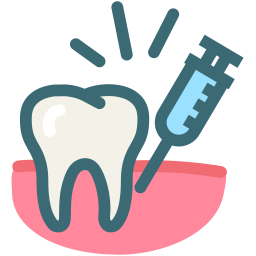
What are the side effects of dental anesthesia?
05 Jun, 2025 -

Can children safely receive dental anesthesia?
05 Jun, 2025 -

Do I need to be asleep for tooth extraction?
05 Jun, 2025 -

What are impacted wisdom teeth?
05 Jun, 2025 -
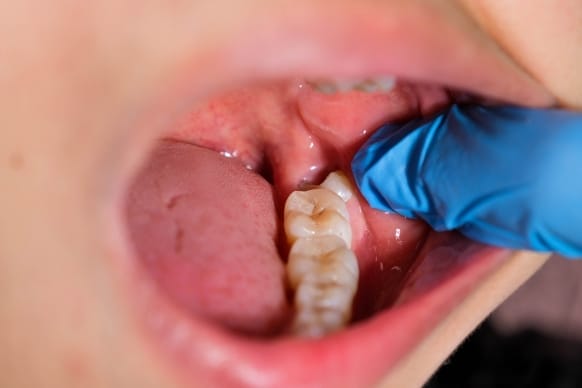
How long is the recovery after wisdom tooth surgery?
05 Jun, 2025 -
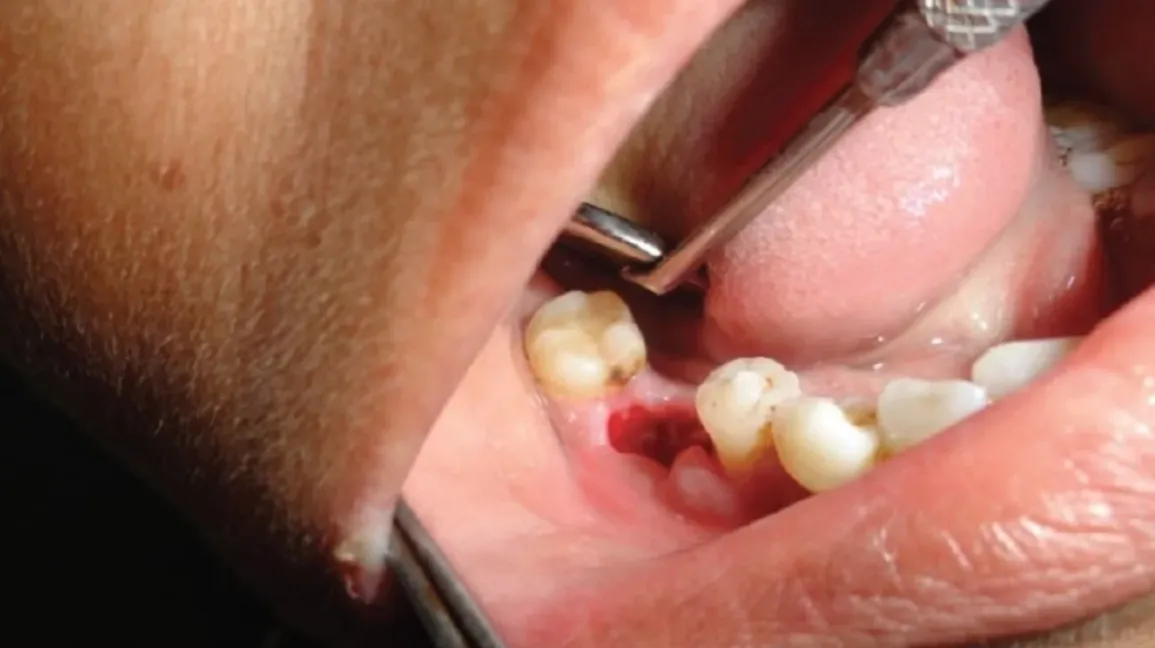
What is dry socket, and how can I avoid it?
05 Jun, 2025 -

Is jaw surgery only for cosmetic reasons?
05 Jun, 2025 -
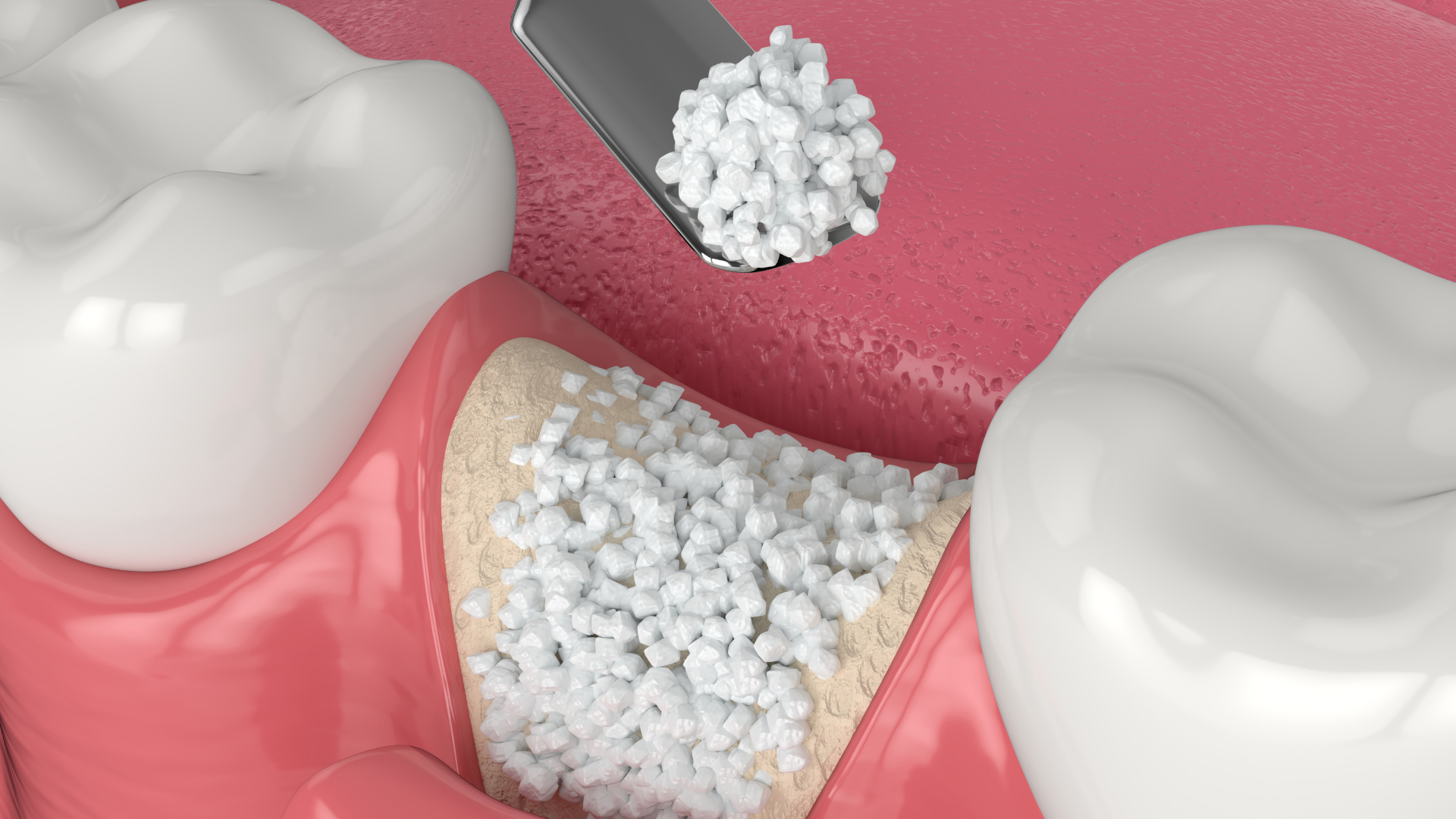
What is bone grafting in dentistry?
05 Jun, 2025 -
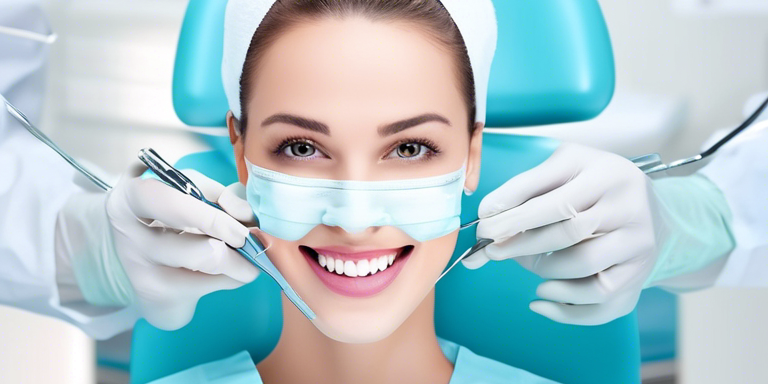
How painful is oral surgery?
05 Jun, 2025 -
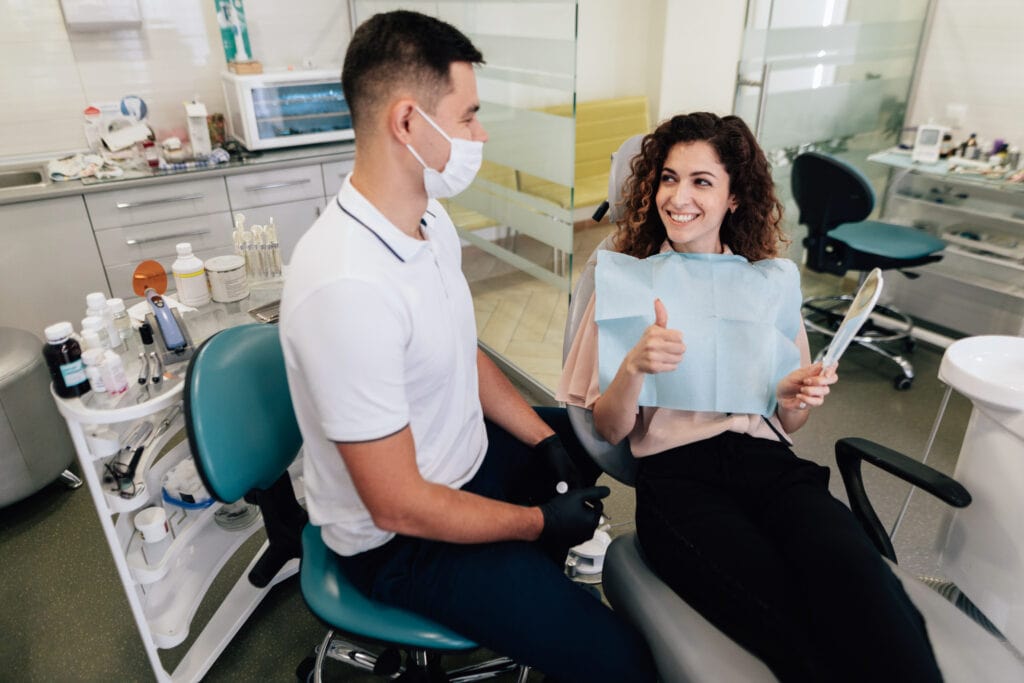
Can I work the day after oral surgery?
05 Jun, 2025 -
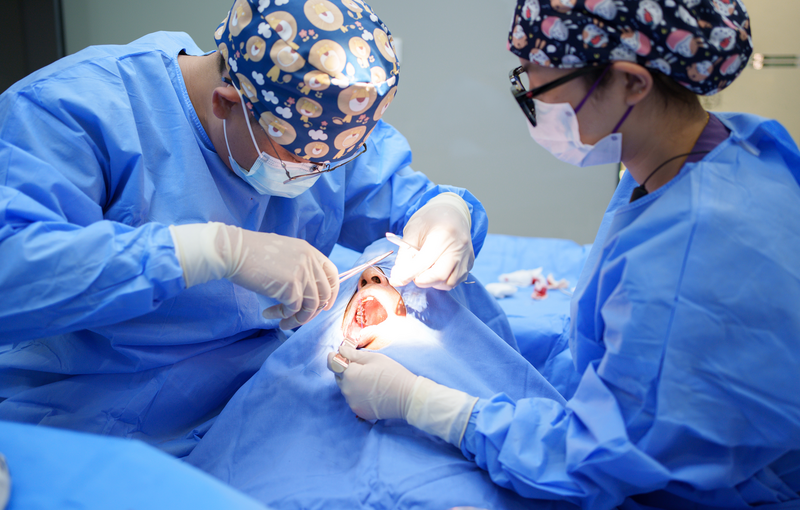
Is oral surgery safe?
05 Jun, 2025 -

At what age should my child see an orthodontist?
05 Jun, 2025 -
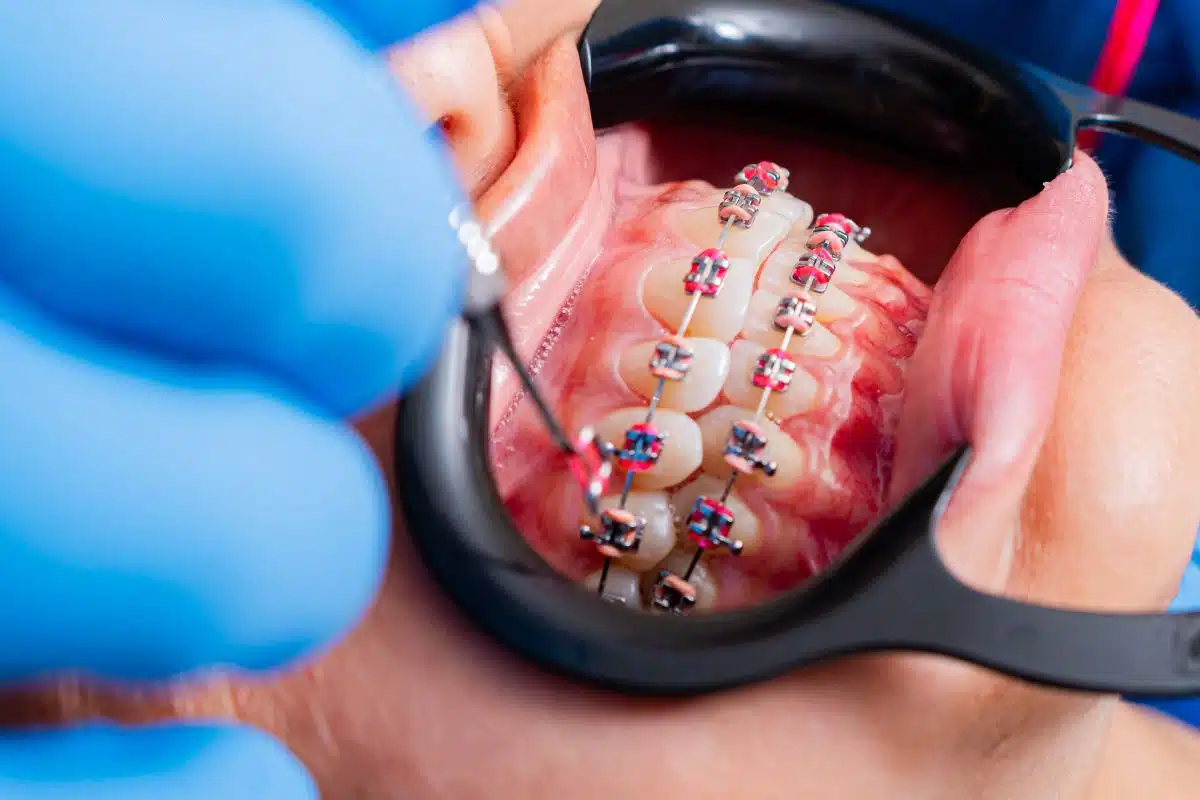
Do braces hurt?
05 Jun, 2025 -

How long does orthodontic treatment usually take?
05 Jun, 2025 -

-

Can adults get braces too?
05 Jun, 2025 -
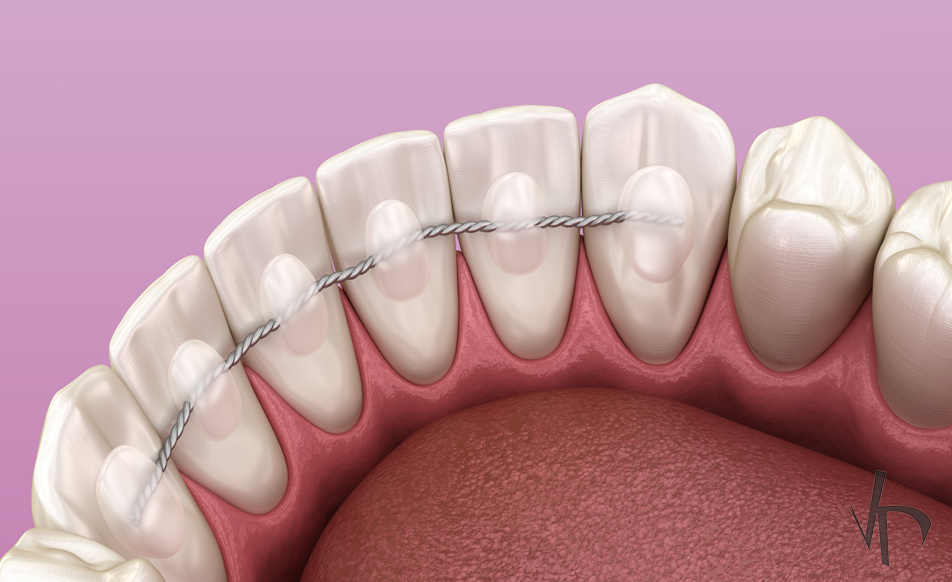
Will I need to wear a retainer after braces?
05 Jun, 2025 -
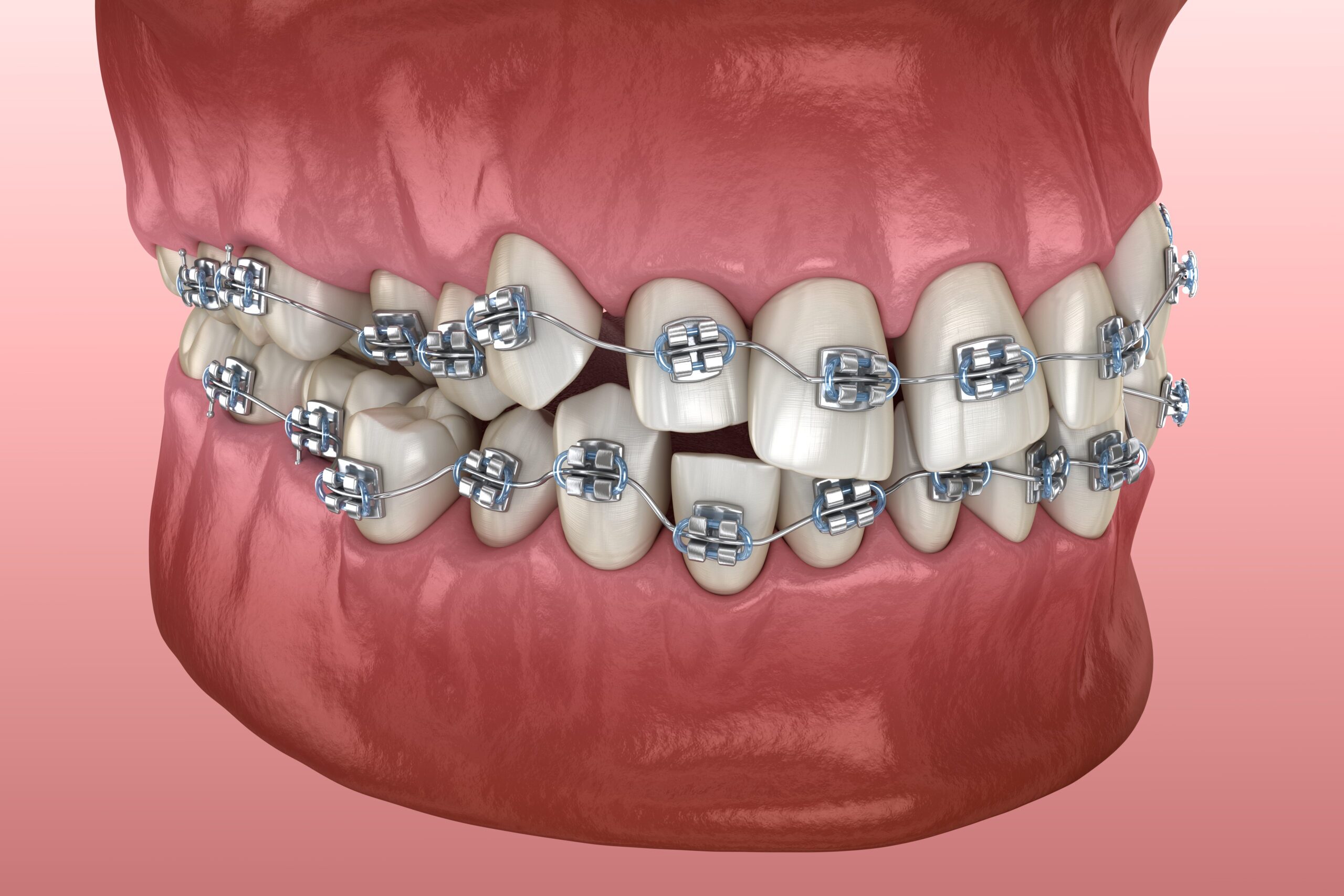
Can orthodontics fix jaw alignment problems?
05 Jun, 2025 -
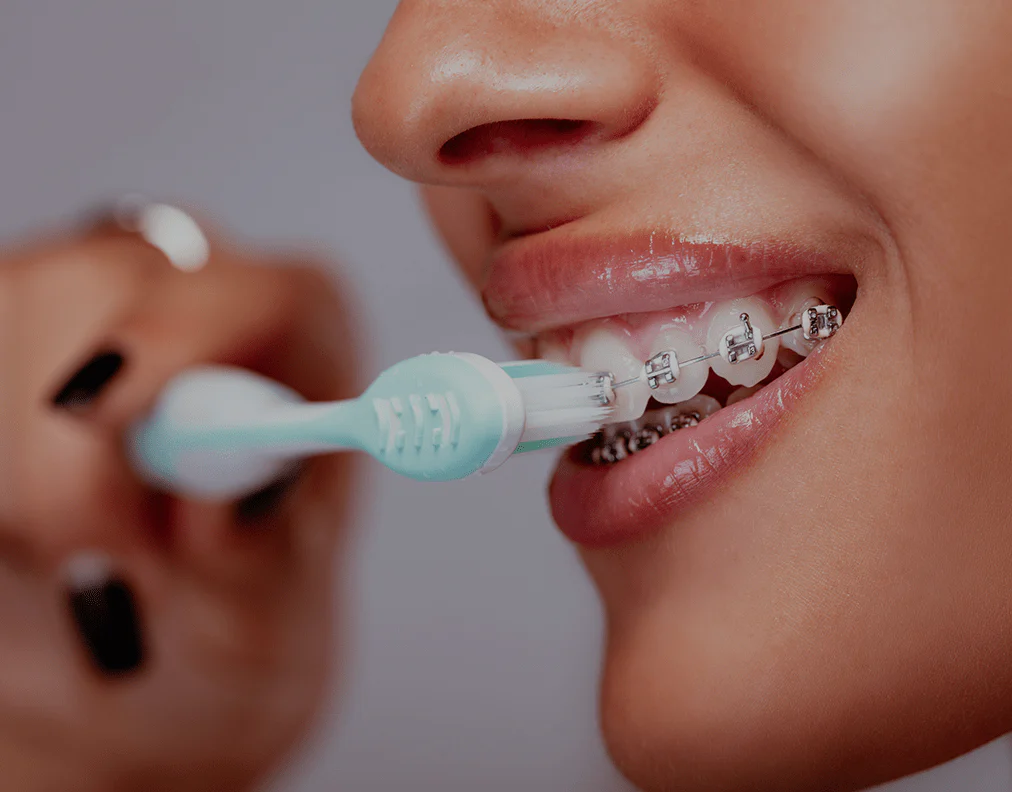
How do I clean my teeth with braces?
05 Jun, 2025 -

Are there risks to orthodontic treatment?
05 Jun, 2025 -

Where is Balkan Dental Polyclinic located?
05 Jun, 2025 -

-

Do you offer travel or accommodation assistance?
05 Jun, 2025 -
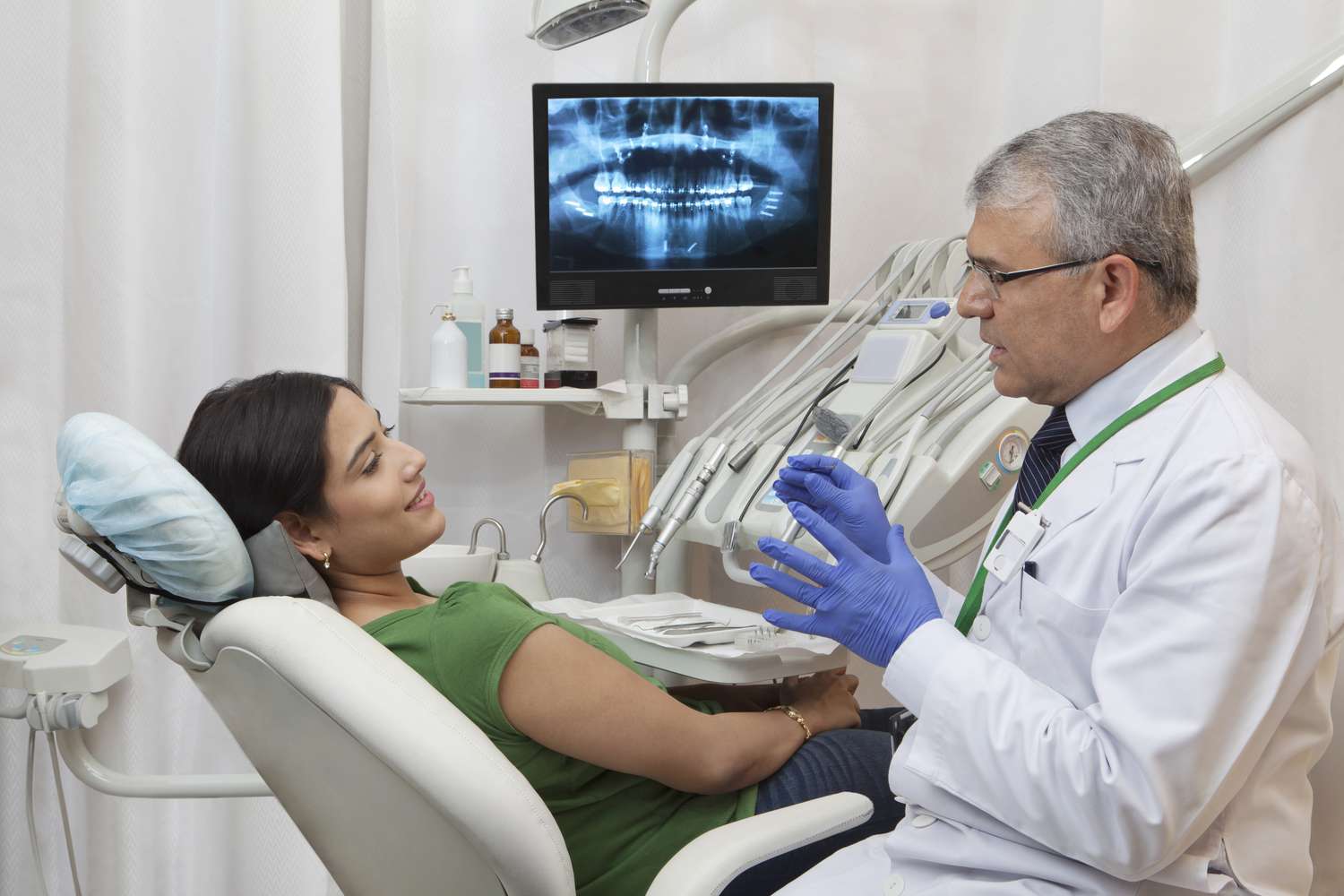
Is English spoken at your clinic?
05 Jun, 2025 -
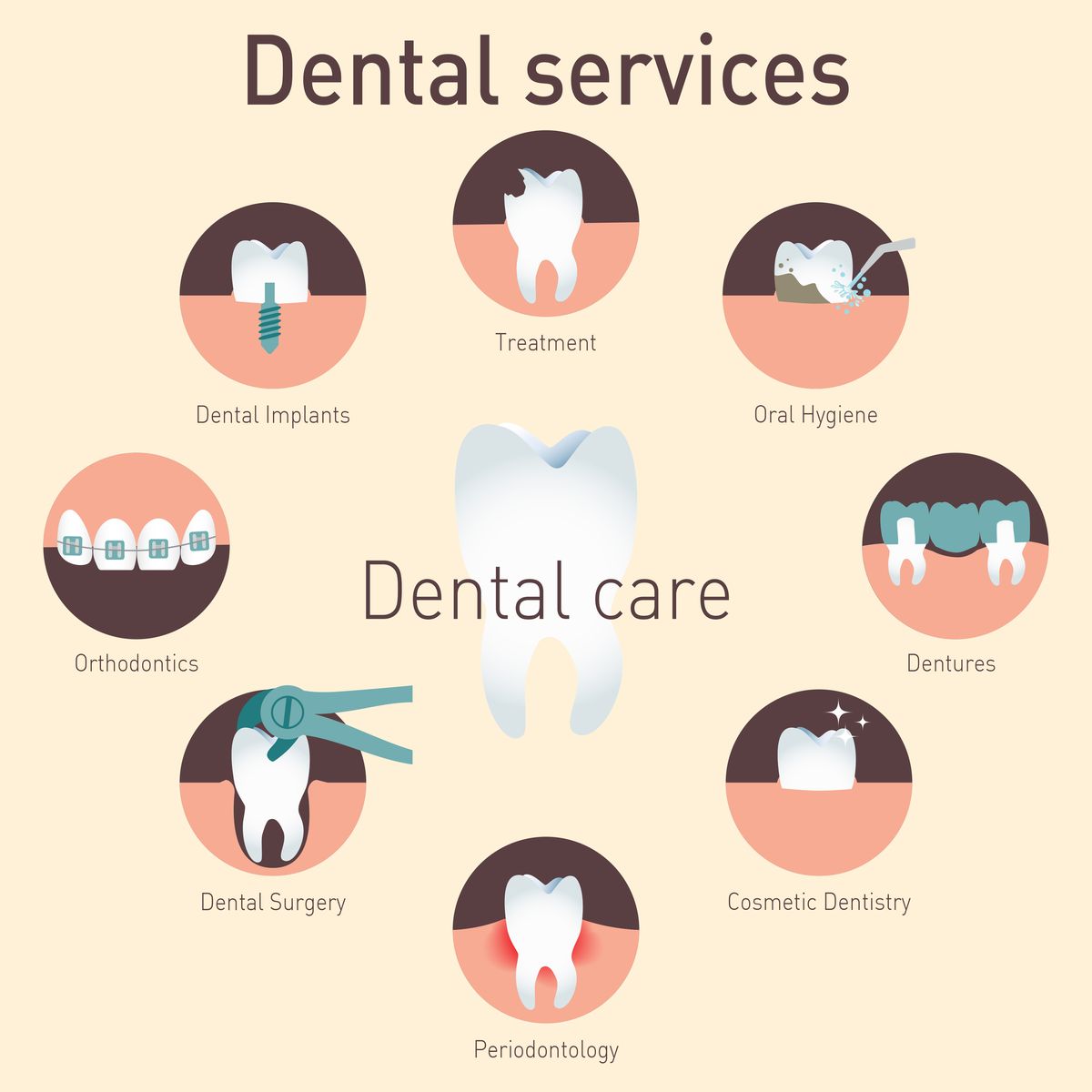
-

-
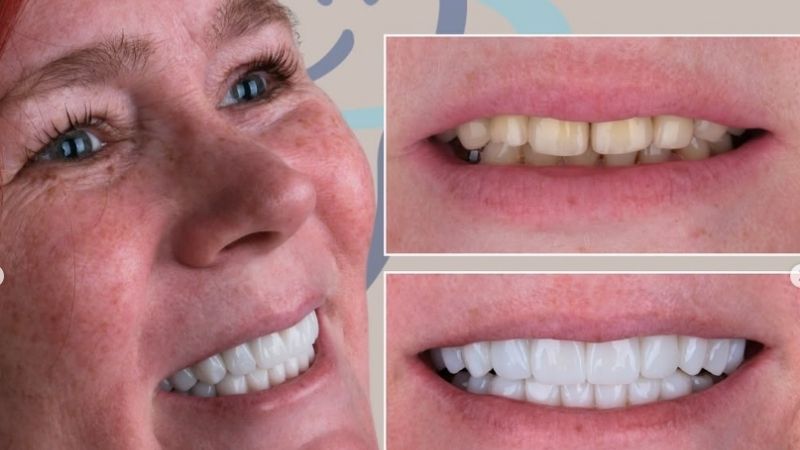
Can I get veneers in just one trip?
05 Jun, 2025 -

What if I need follow-up care after returning home?
05 Jun, 2025 -
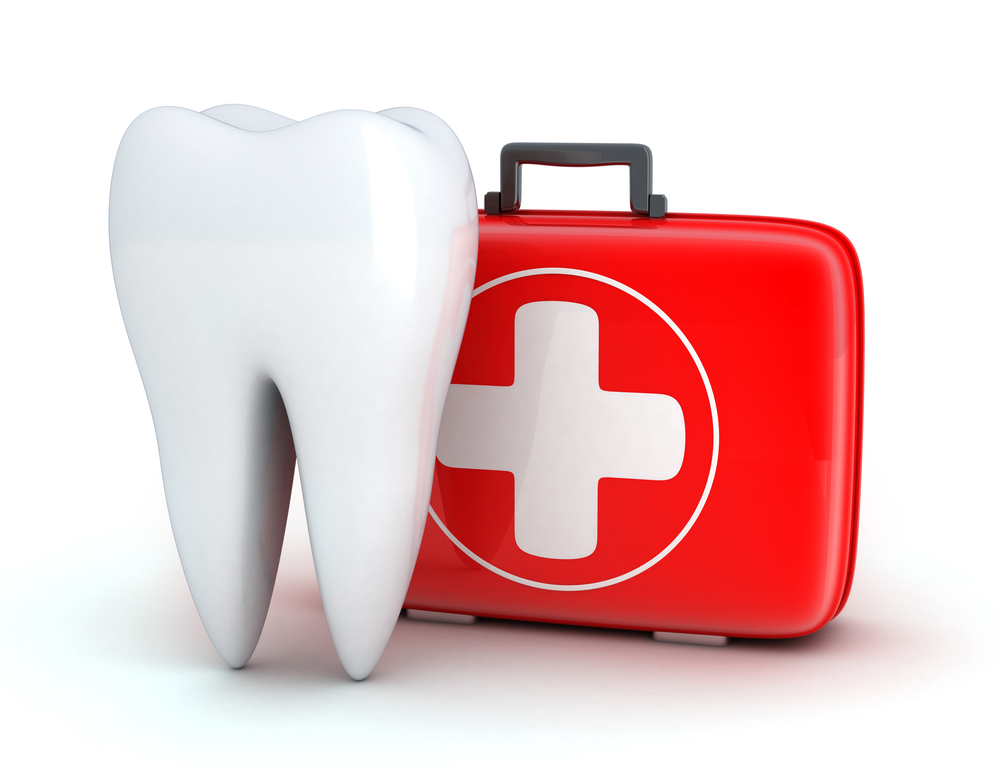
-

-
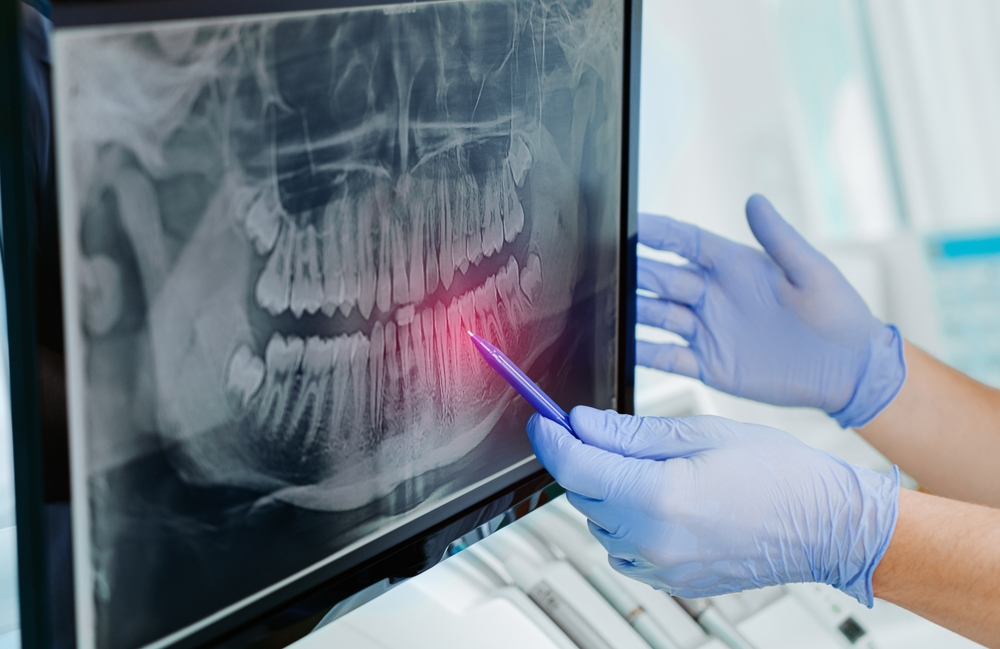
How can I get a treatment plan before traveling?
05 Jun, 2025 -

What payment options are available?
05 Jun, 2025 -

-
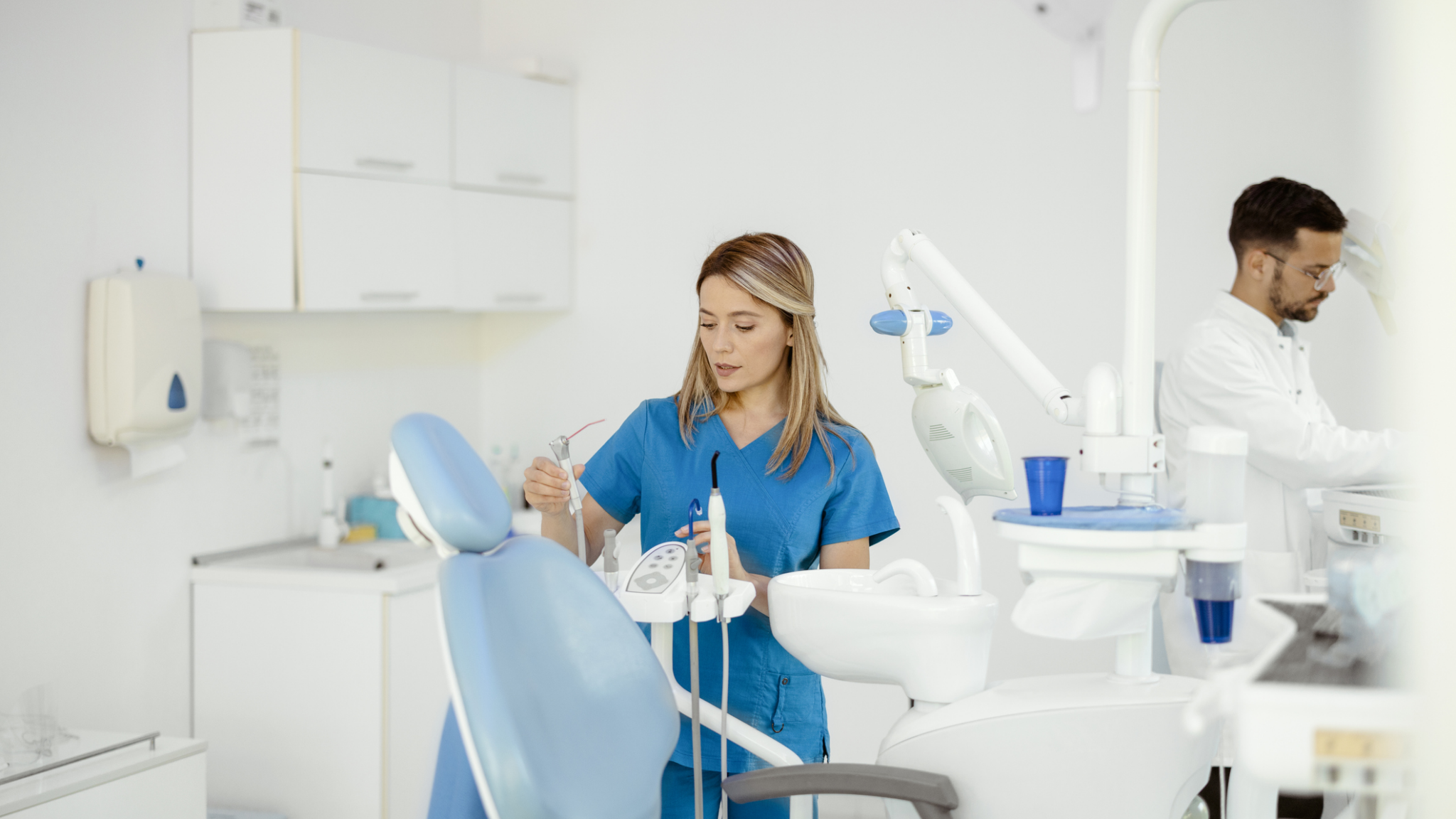
Is dental care in North Macedonia safe and hygienic?
05 Jun, 2025 -

Are your dentists internationally trained?
05 Jun, 2025 -

-

Do you offer written warranties for treatments?
05 Jun, 2025 -
